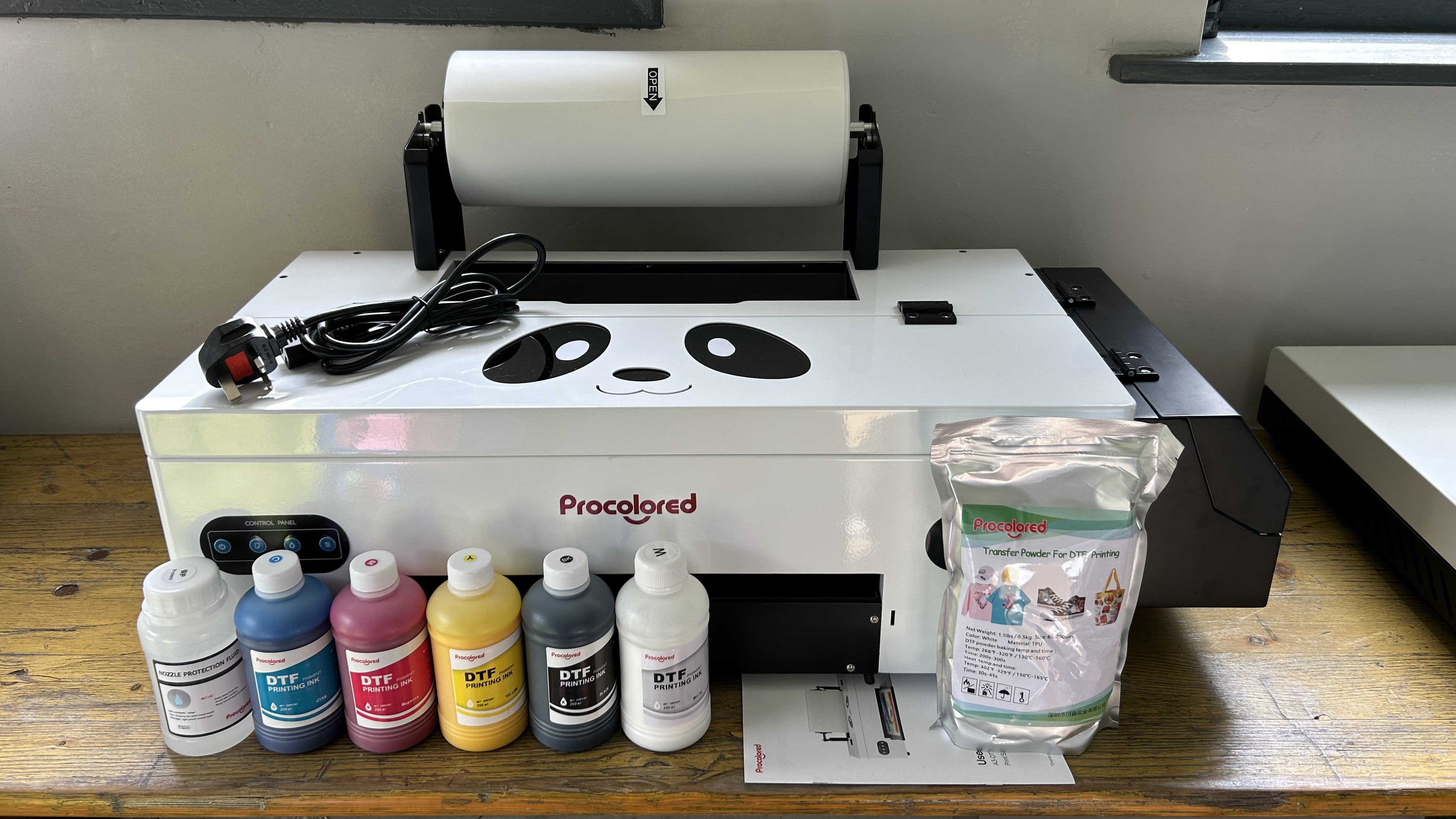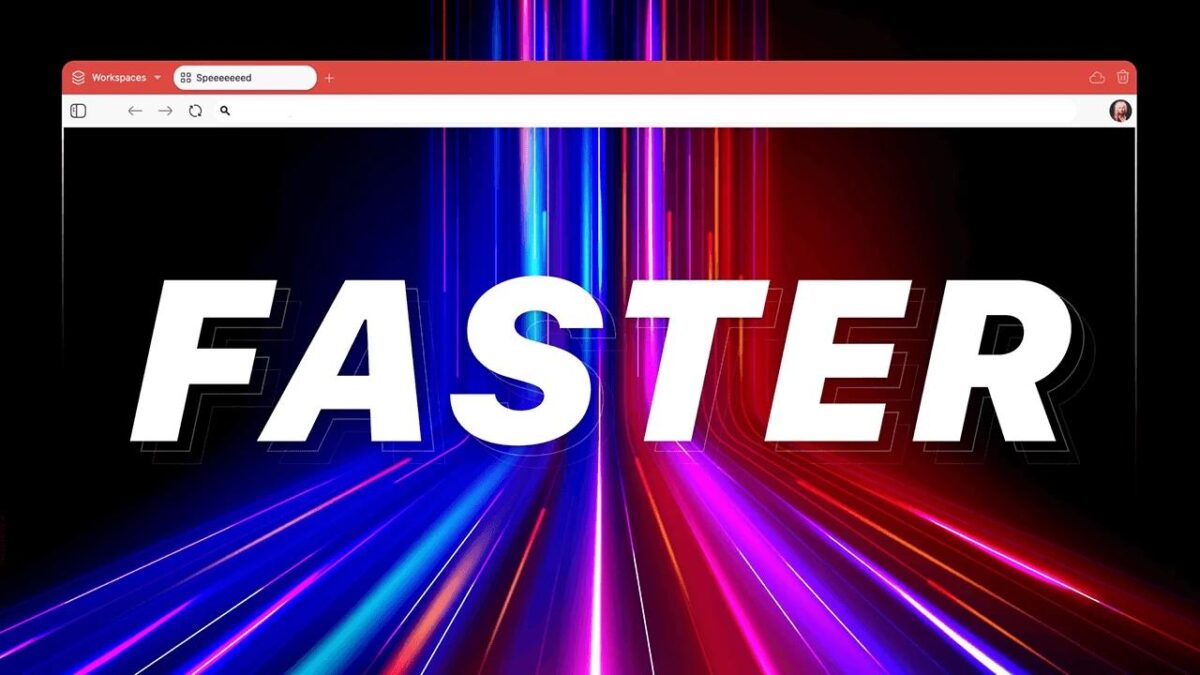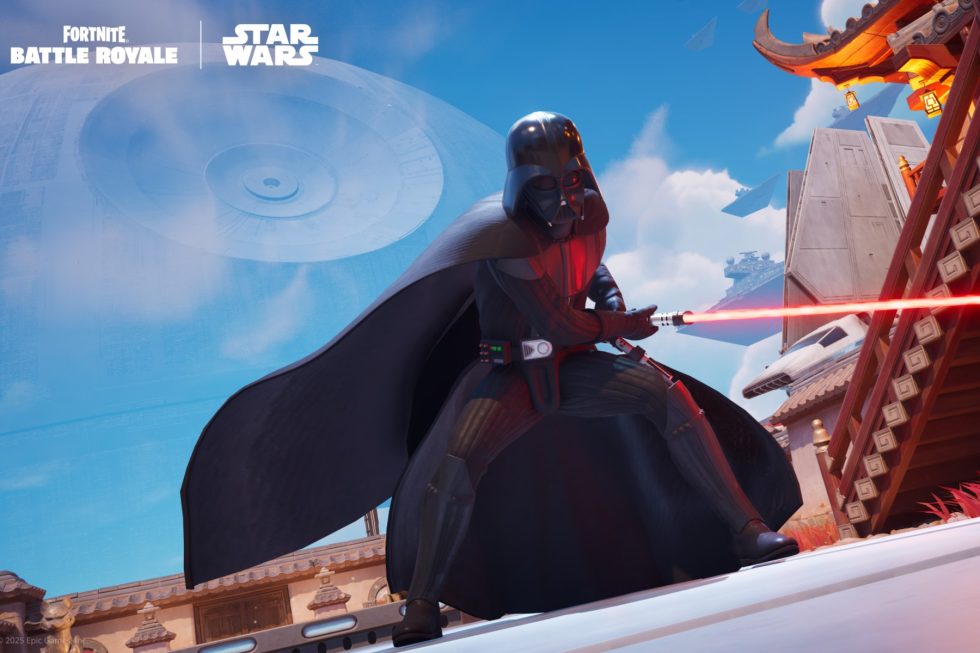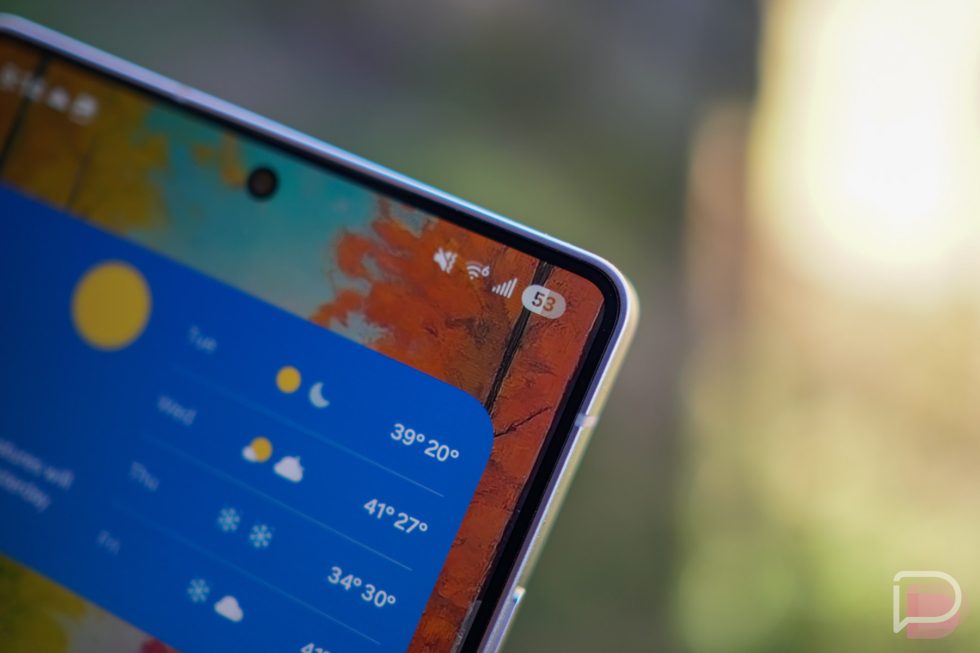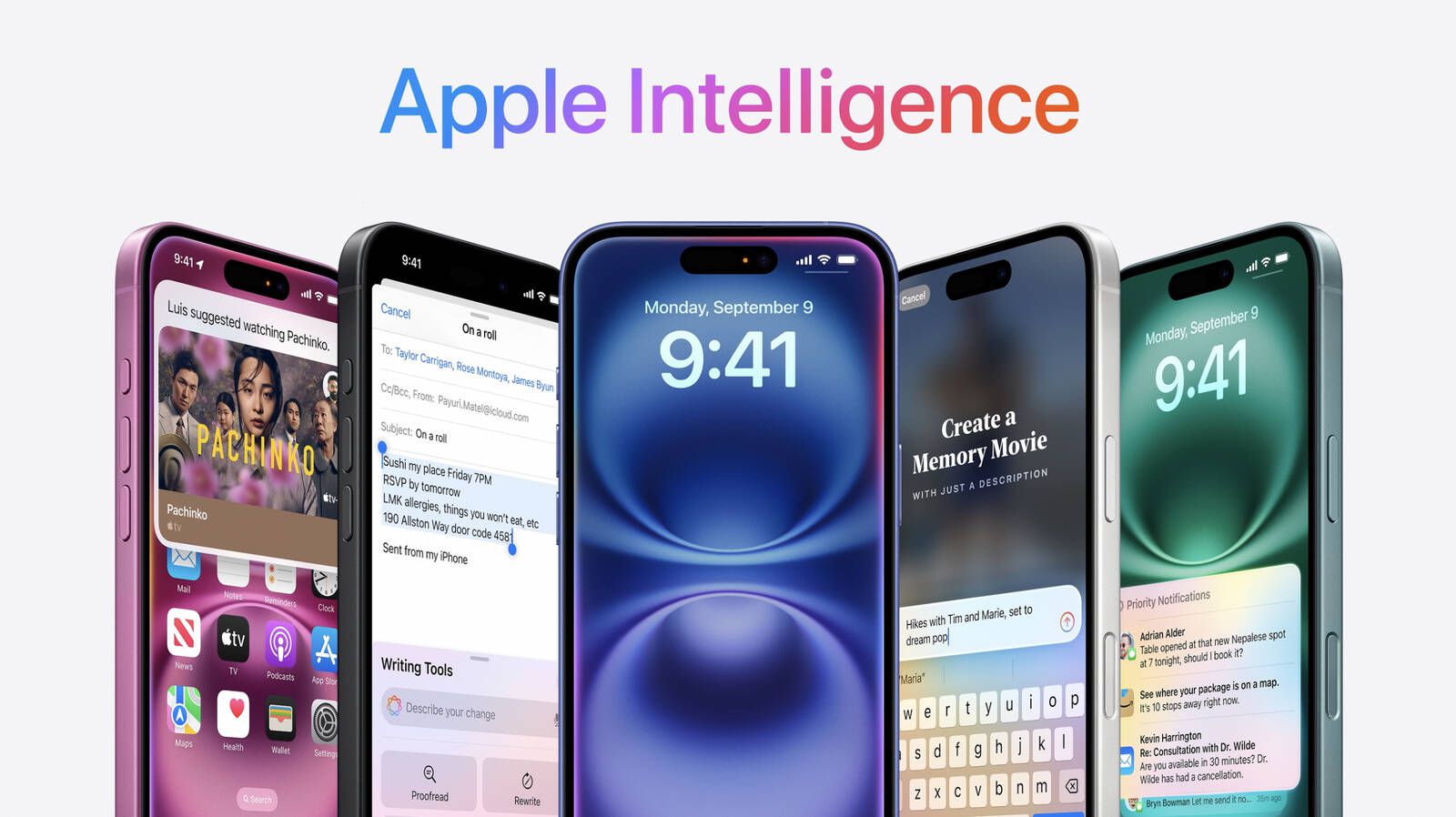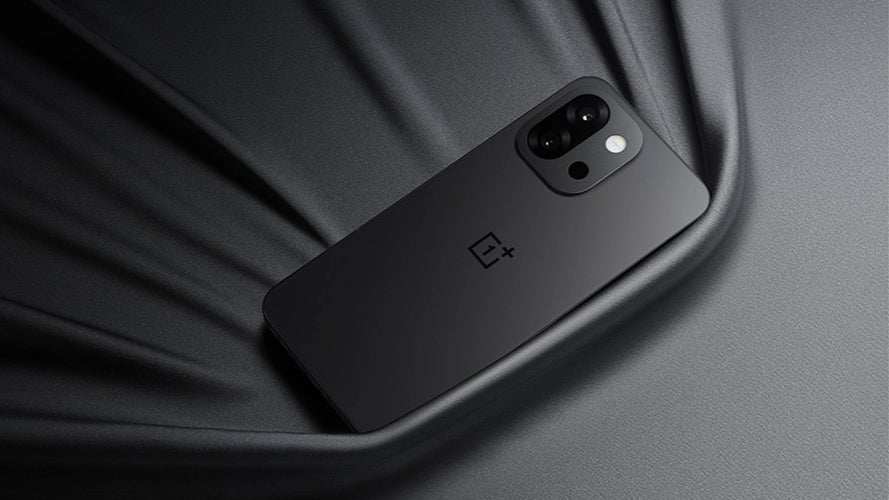What AI can learn from the browser wars: Microsoft CTO calls for open standards to fuel ‘agentic web’
REDMOND, Wash. — Microsoft is pitching a future built on the “agentic web,” where AI agents don’t just answer questions but move across platforms, access tools, and carry out sophisticated tasks autonomously. But the company’s current leaders are also reflecting on the past — taking lessons from the early days of the web, in which a prior version of Microsoft initially took a different approach. Speaking with reporters and analysts Sunday night, ahead of the company’s Build developer conference this week, Microsoft CTO Kevin Scott urged the industry to prioritize openness and simplicity. He warned that a closed, vertically integrated… Read More


REDMOND, Wash. — Microsoft is pitching a future built on the “agentic web,” where AI agents don’t just answer questions but move across platforms, access tools, and carry out sophisticated tasks autonomously.
But the company’s current leaders are also reflecting on the past — taking lessons from the early days of the web, in which a prior version of Microsoft initially took a different approach.
Speaking with reporters and analysts Sunday night, ahead of the company’s Build developer conference this week, Microsoft CTO Kevin Scott urged the industry to prioritize openness and simplicity. He warned that a closed, vertically integrated approach could stifle innovation.
Scott said AI agents will only reach their full potential if they can “talk to everything in the world.”
If early browser makers had been able to tightly control the web through vertically integrated protocols, focusing on their own priorities, it would have been a “less interesting version of the web than the one that we have right now,” Scott said.
During the internet’s rapid expansion in the 1990s, Microsoft drew antitrust scrutiny over its integration of Internet Explorer into Windows, with critics accusing the company of trying to control the web through proprietary protocols and anti-competitive tactics.
Fast-forward to 2025, and Google’s Chrome dominates global browser usage, giving the search giant significant influence over web standards. The U.S. Department of Justice wants to force Google to divest Chrome as part of a broader antitrust case against the company.
Microsoft, for its part, now bases its Edge browser on Chromium, Google’s open-source engine — shifting from dominating the browser market to joining a shared ecosystem, following a steep drop in its market share.

Google, which is holding its own I/O developer conference this week, recently introduced the Agent2Agent protocol, or A2A, an open standard designed to let AI agents communicate and collaborate directly across systems.
Scott briefly mentioned A2A during his remarks Sunday night, but focused more on the Model Context Protocol, or MCP.
Developed and open-sourced by Anthropic — the AI startup backed by Amazon and Google — MCP defines how AI models access and interact with external tools and data sources. Microsoft’s key AI partner, OpenAI, is also reportedly working to integrate MCP into ChatGPT.
“MCP in particular, we’re very, very excited about,” Scott said, citing its simplicity and flexibility. He compared MCP to foundational web protocols like HTTP — simple by design but flexible enough to support future innovation. He said its structure allows developers to build on it over time, adding new capabilities without replacing the entire system.
AI reasoning models — systems capable of planning, decision-making, and solving multi-step problems — are progressing fast, Scott said, but they still need reliable ways to connect with the digital world.
MCP is “filling such an unbelievably big need in the ecosystem,” he said. “Even though what Anthropic put out early is a really, really super simple implementation, it’s really kind of breathtaking.”
Still, he said, solving these problems will require open collaboration.
“The important thing about them isn’t that Microsoft’s opinion gets expressed, or some big tech company’s opinion gets expressed, or that we’ve won some kind of technical argument,” he said. What’s important, he said, is to “get to the thing that’s really ubiquitous as quickly as humanly possible.”
Wrapping up his talk, Scott said the current era reminds him of the early days of the web, when simple tools enabled broad experimentation without requiring permission from gatekeepers.
“That’s the moment you all are in right now,” he said.
Expect to hear more on these themes Monday morning as the Build conference opens with a keynote from Scott and Microsoft CEO Satya Nadella at the Seattle Convention Center. Stay tuned for coverage on GeekWire.
Update, 9 a.m.: As part of its Build news, Microsoft is said it’s adding native support for open agent protocols, including Agent2Agent and the Model Context Protocol, across platforms like Copilot Studio and Azure AI Foundry.
Speaking at Build, Microsoft CEO Satya Nadella said these capabilities reflect a shift in how developers can approach business automation — enabling agents to coordinate workflows across applications, roles, and systems.
“Having even every business application just show up as an MCP server, you can imagine as a developer how you can start thinking about the next level of automation,” he said. “It’s just a complete game changer in terms of how we think about workflow and business process automation.”




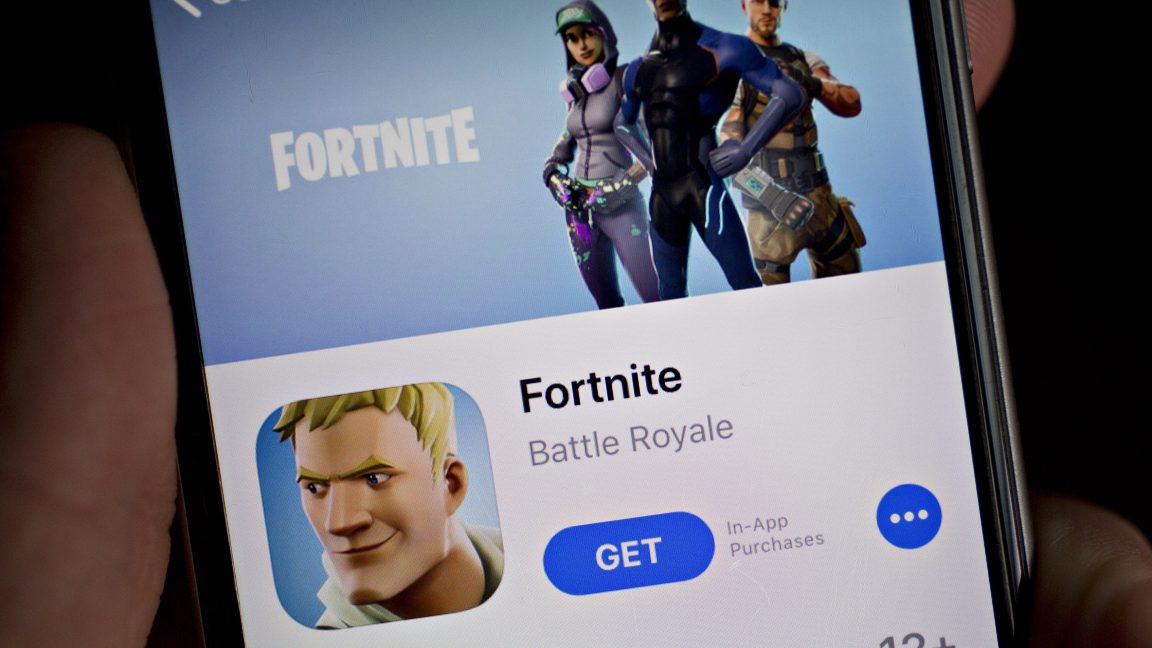













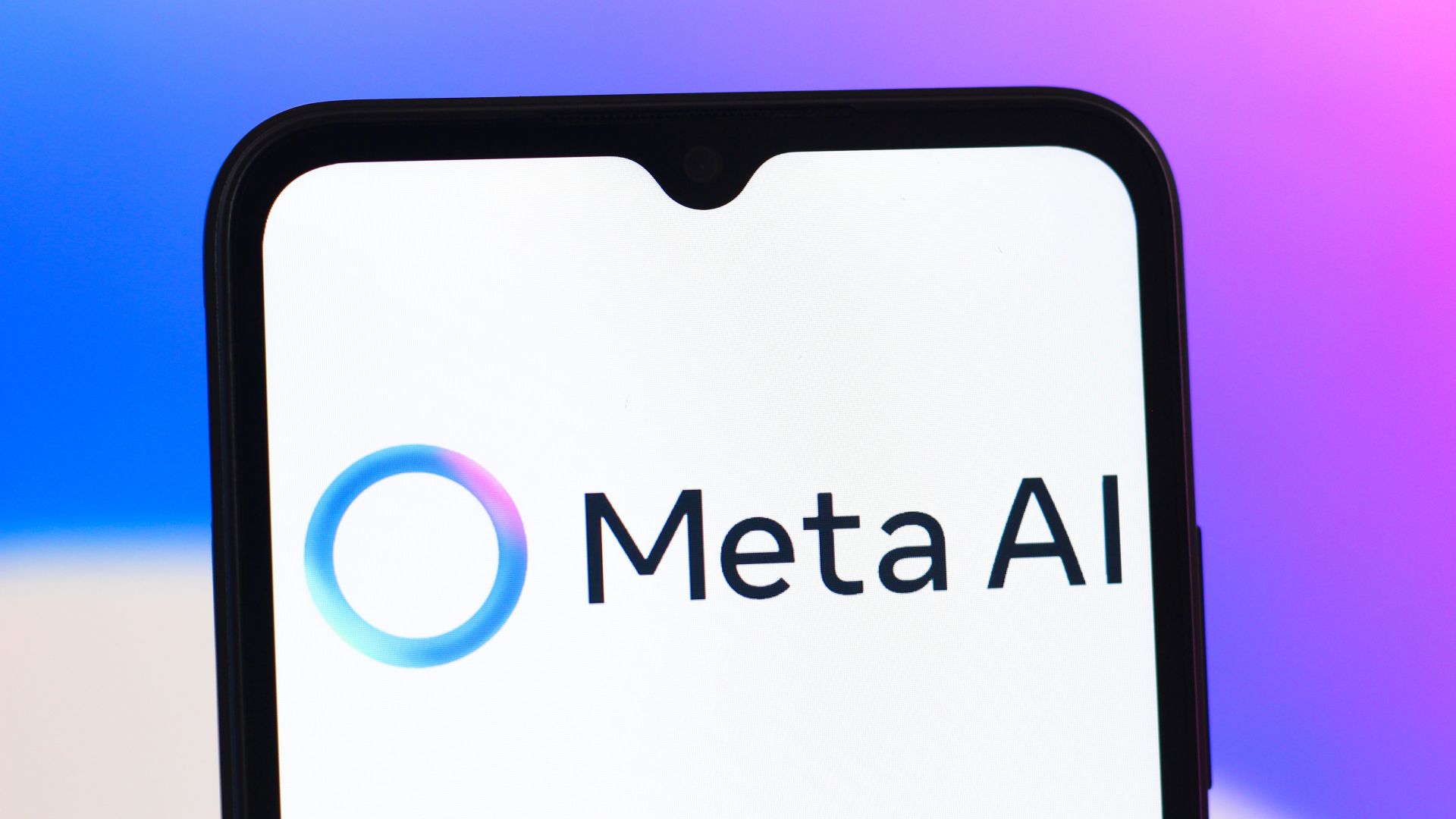
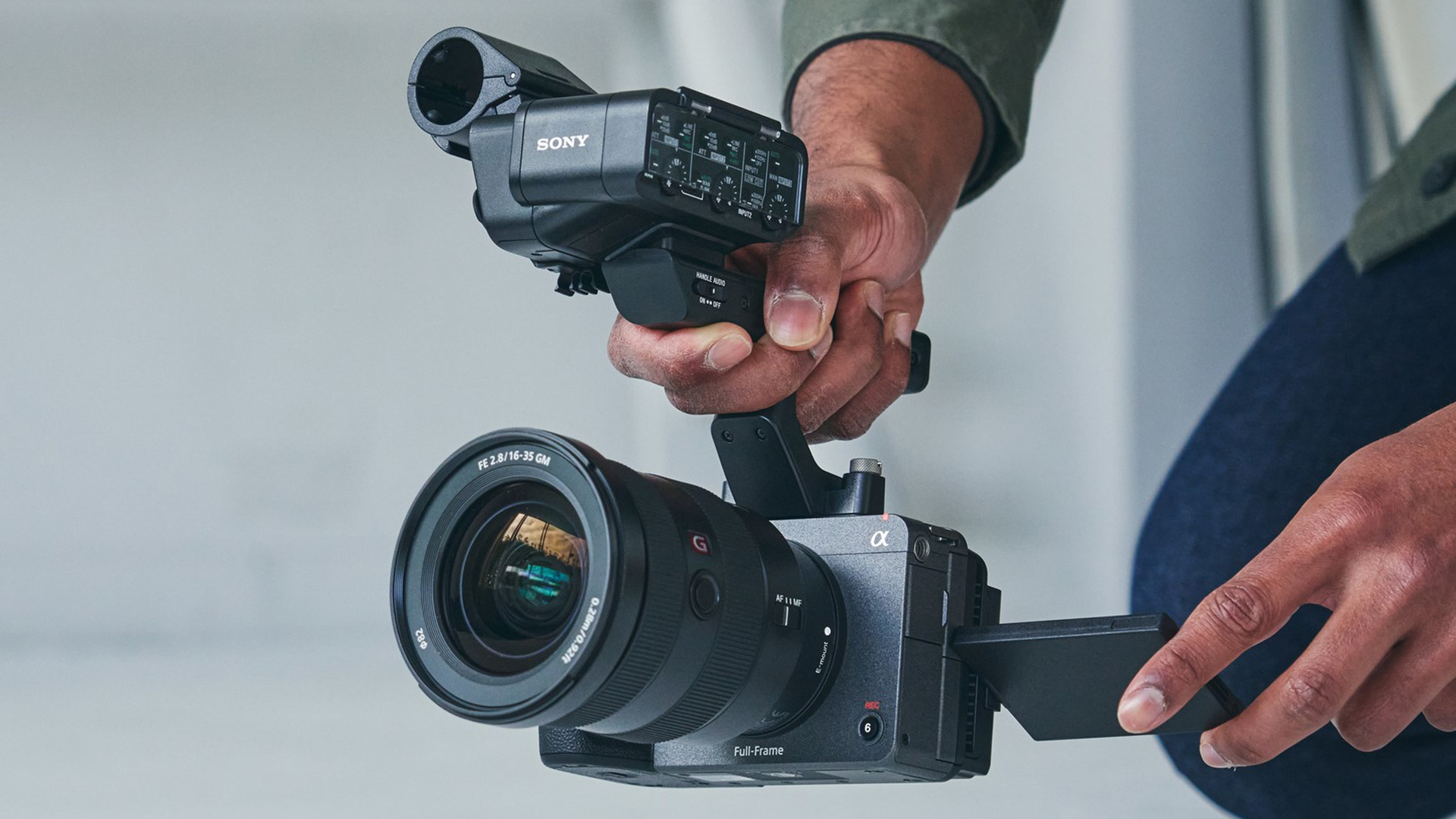
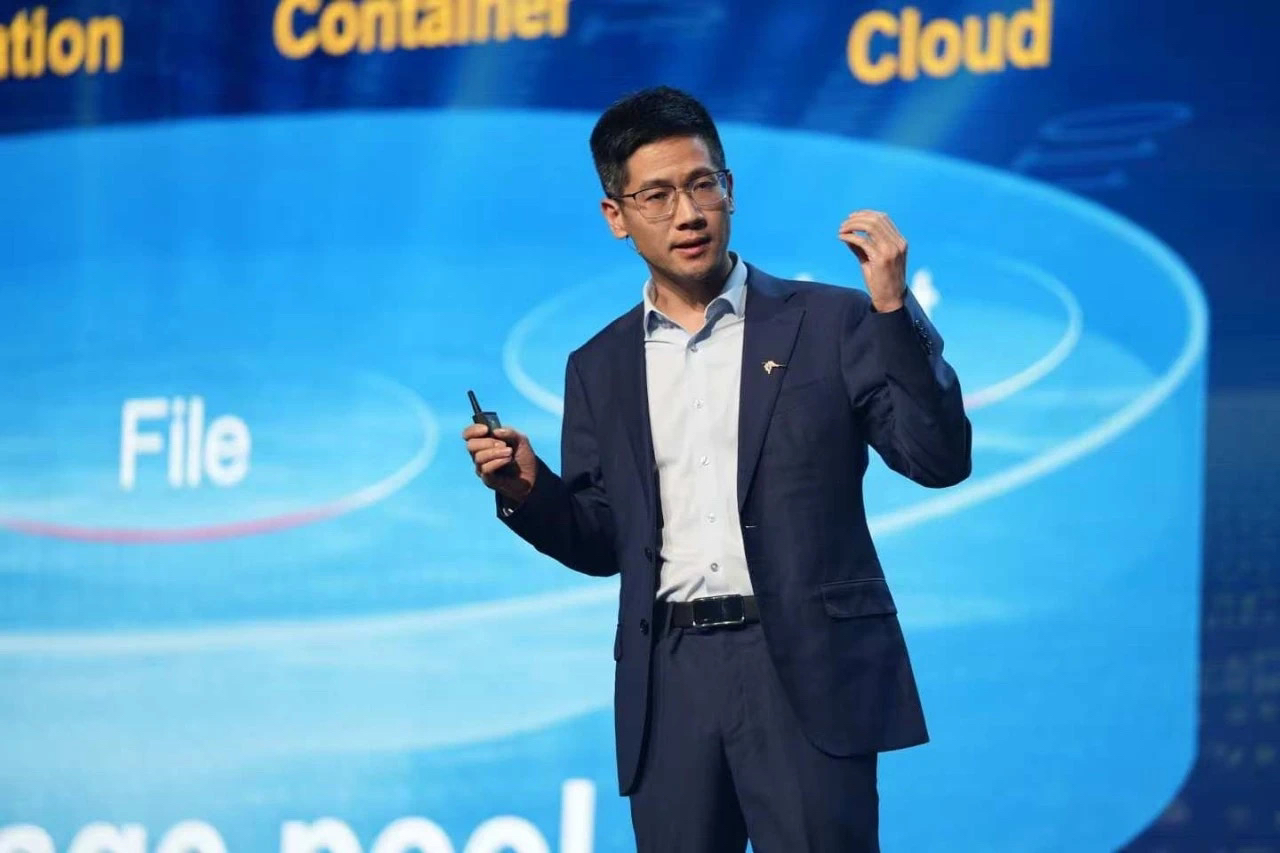
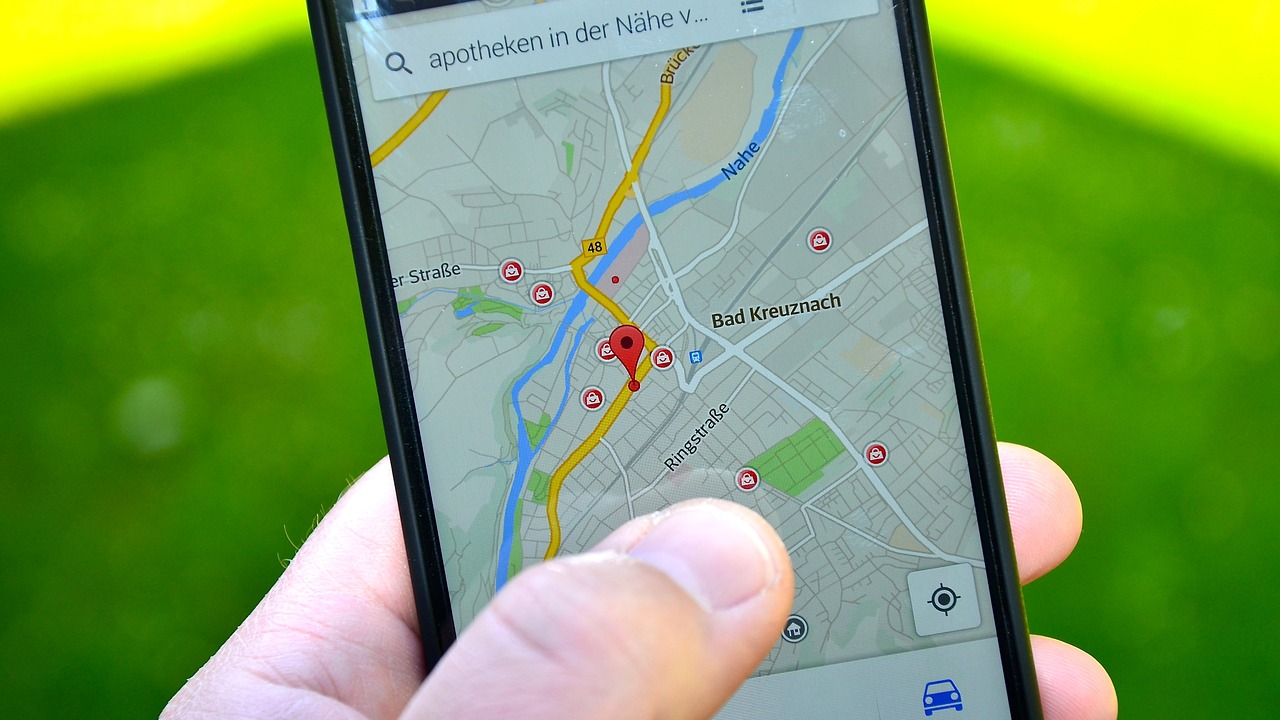







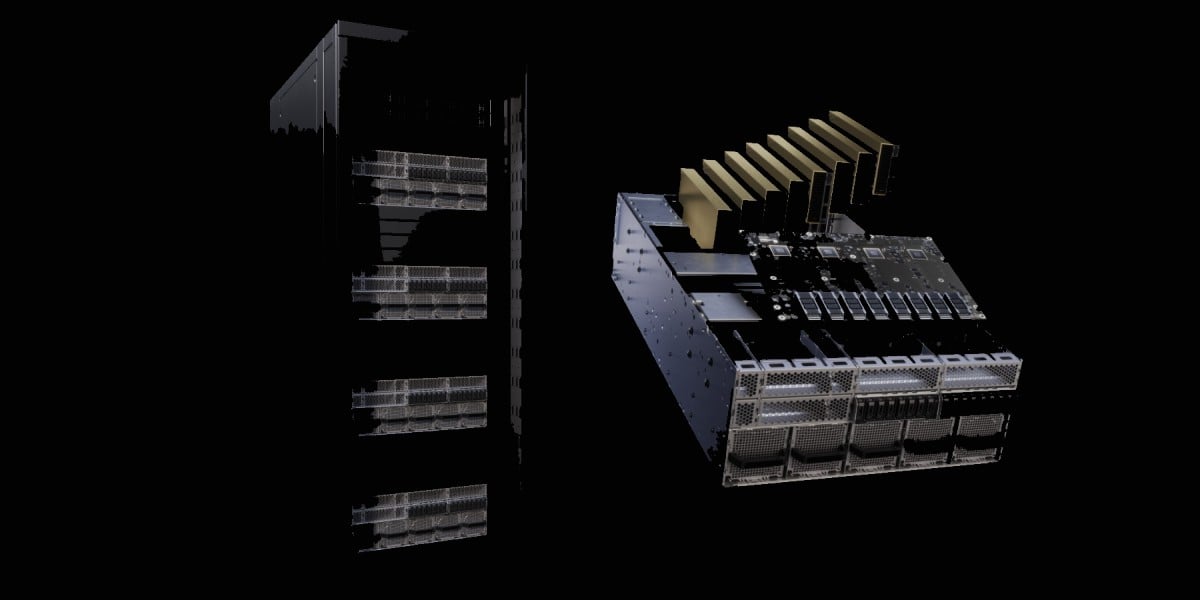

























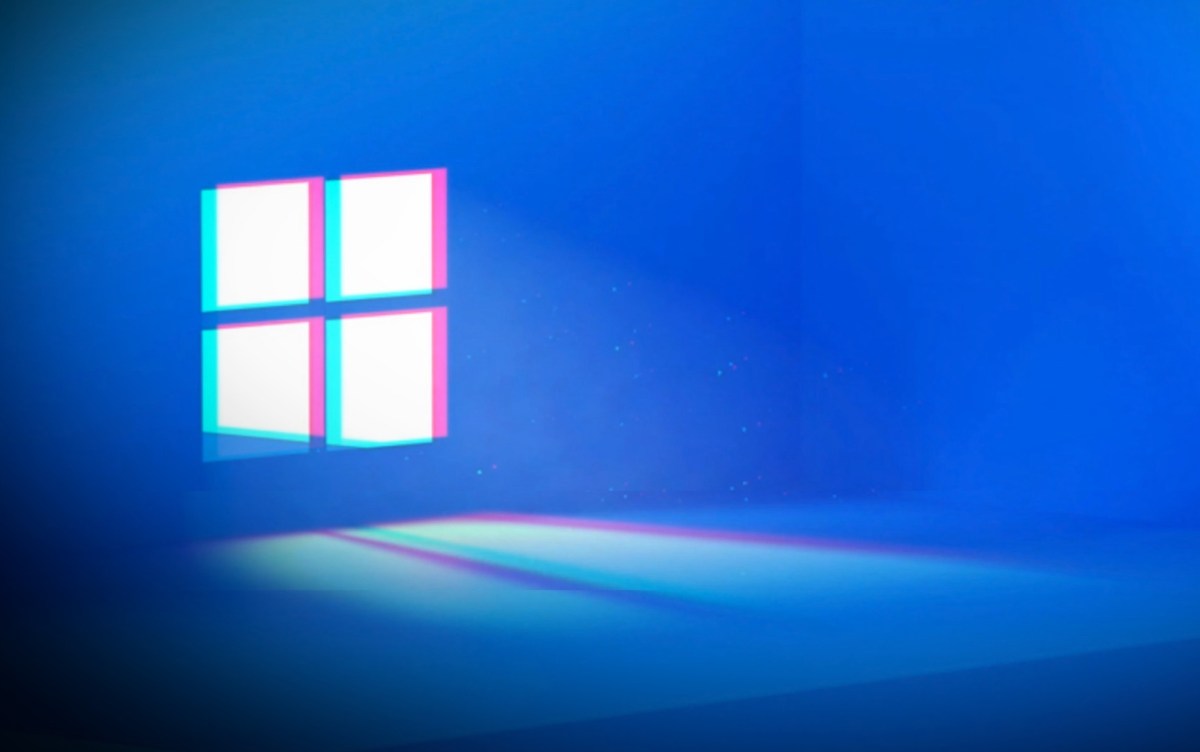


























































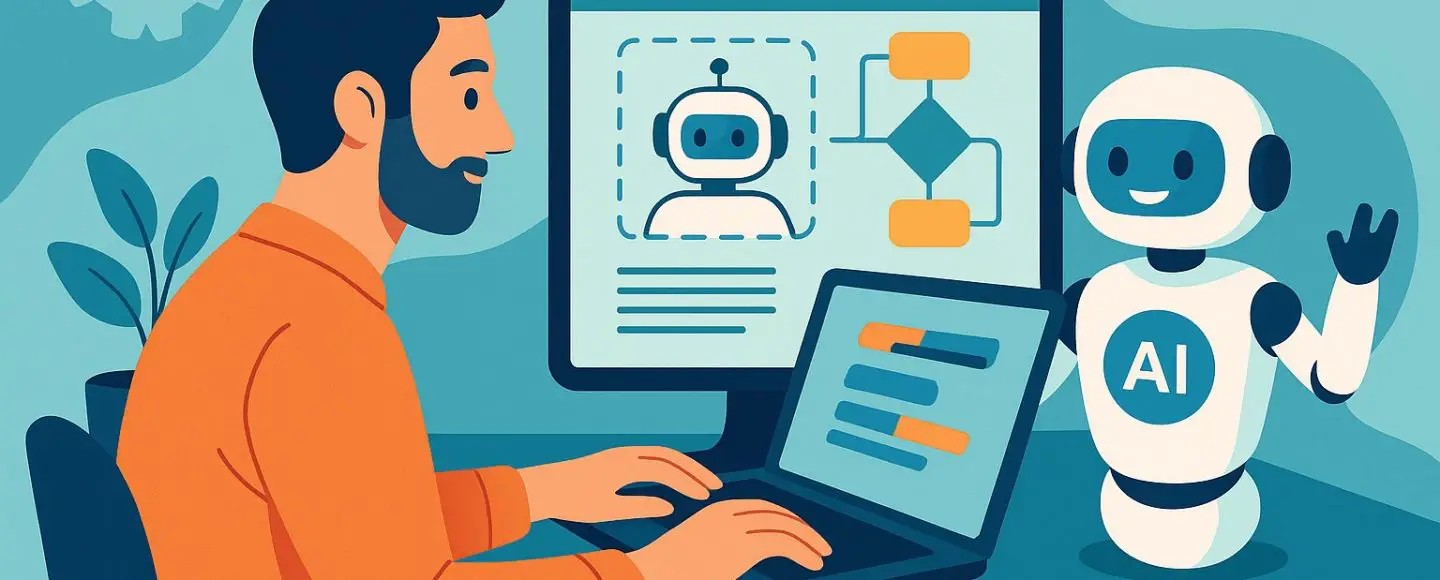


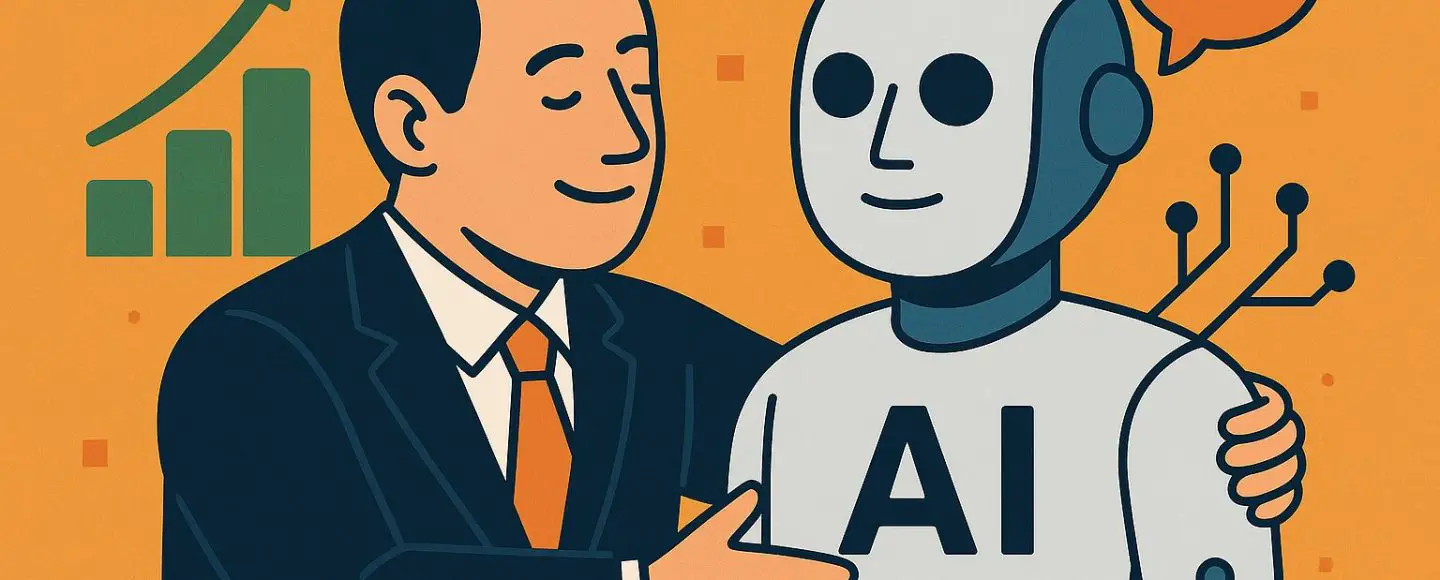




















































![[The AI Show Episode 146]: Rise of “AI-First” Companies, AI Job Disruption, GPT-4o Update Gets Rolled Back, How Big Consulting Firms Use AI, and Meta AI App](https://www.marketingaiinstitute.com/hubfs/ep%20146%20cover.png)









































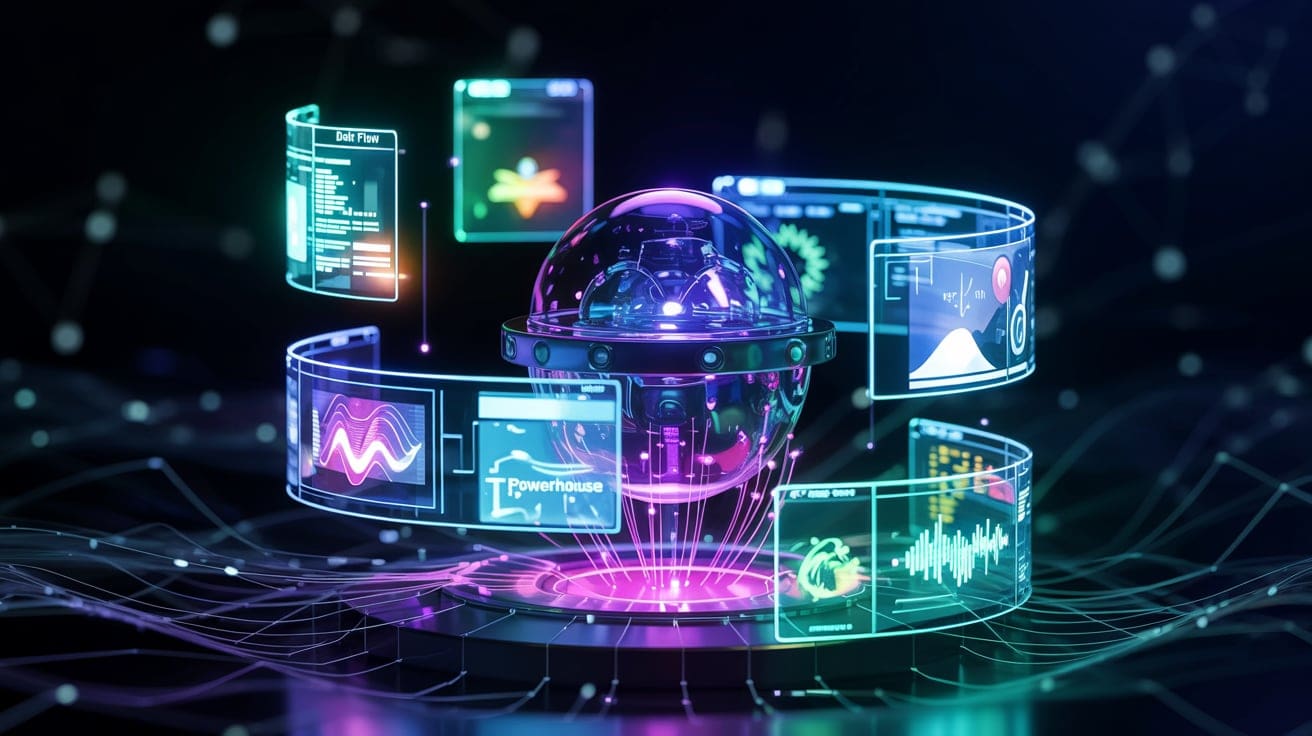

















































































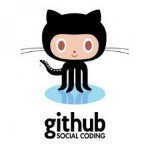
![[DEALS] The ChatGPT & AI Super Bundle (91% off) & Other Deals Up To 98% Off – Offers End Soon!](https://www.javacodegeeks.com/wp-content/uploads/2012/12/jcg-logo.jpg)

![How to make Developer Friends When You Don't Live in Silicon Valley, with Iraqi Engineer Code;Life [Podcast #172]](https://cdn.hashnode.com/res/hashnode/image/upload/v1747360508340/f07040cd-3eeb-443c-b4fb-370f6a4a14da.png?#)




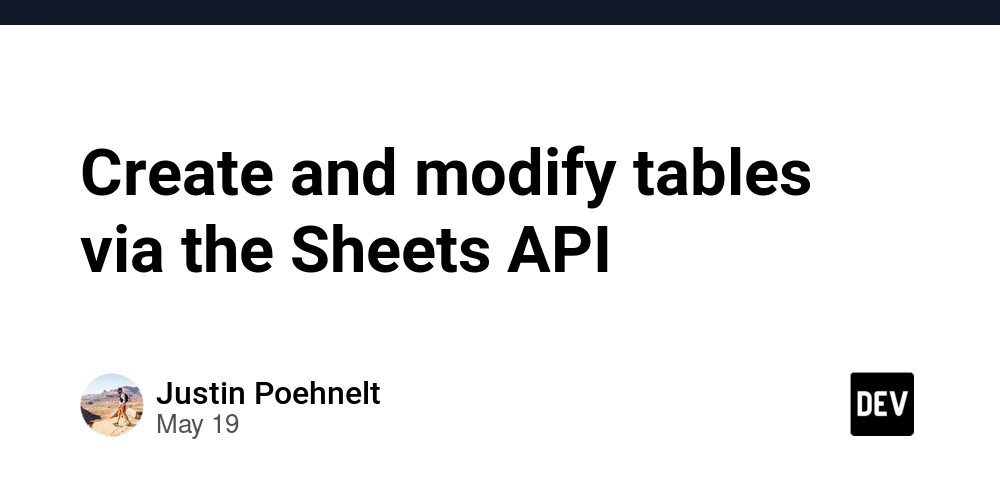











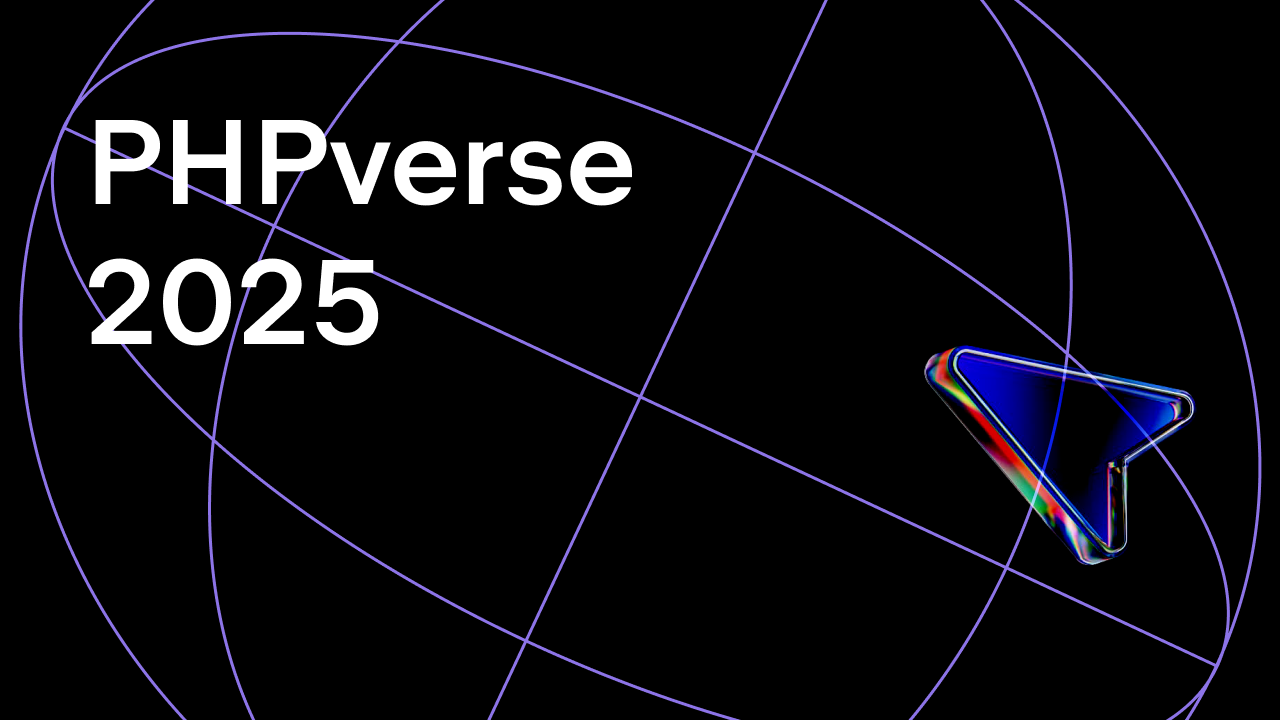






































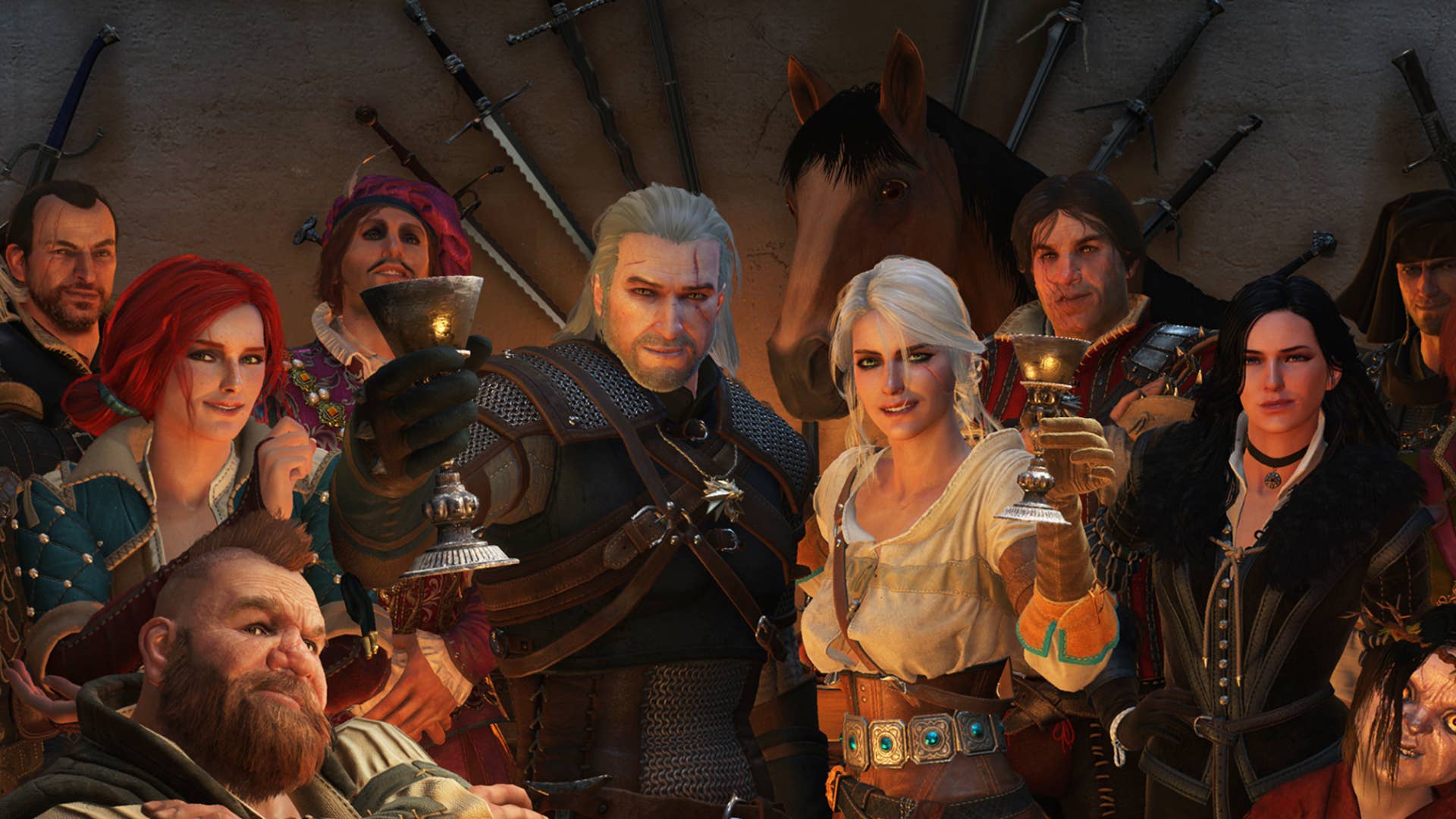
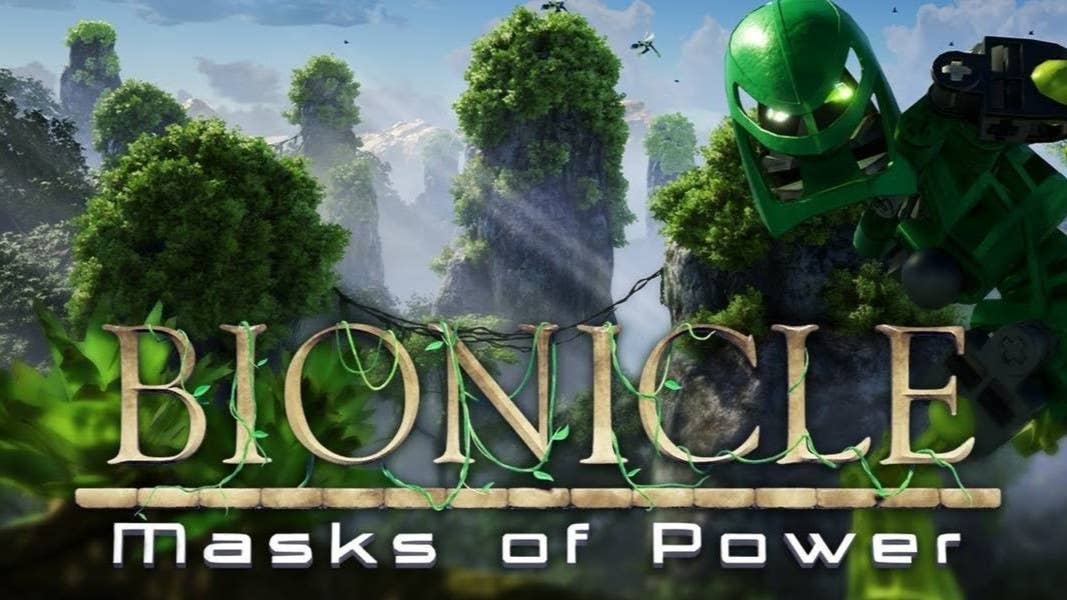







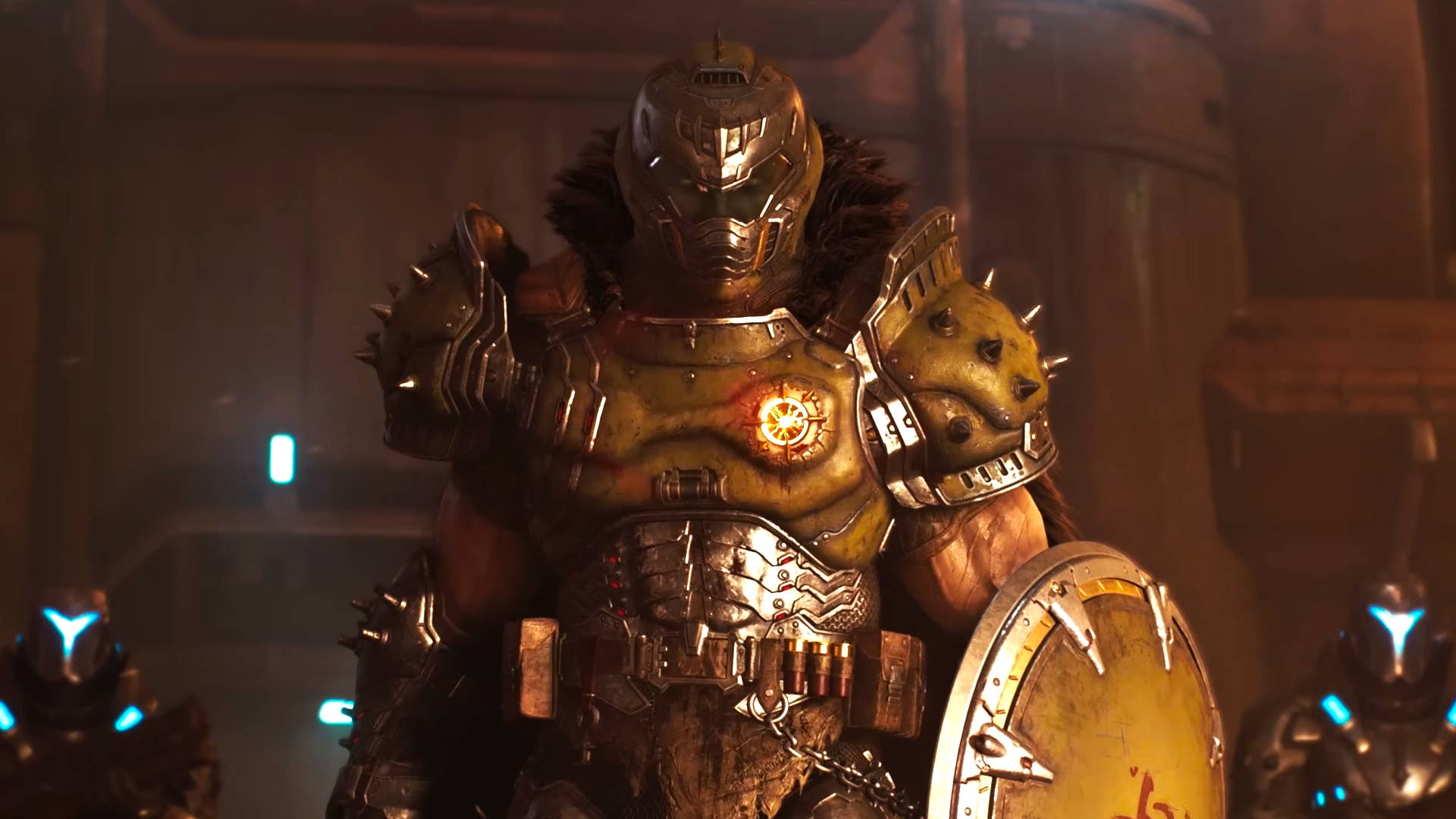









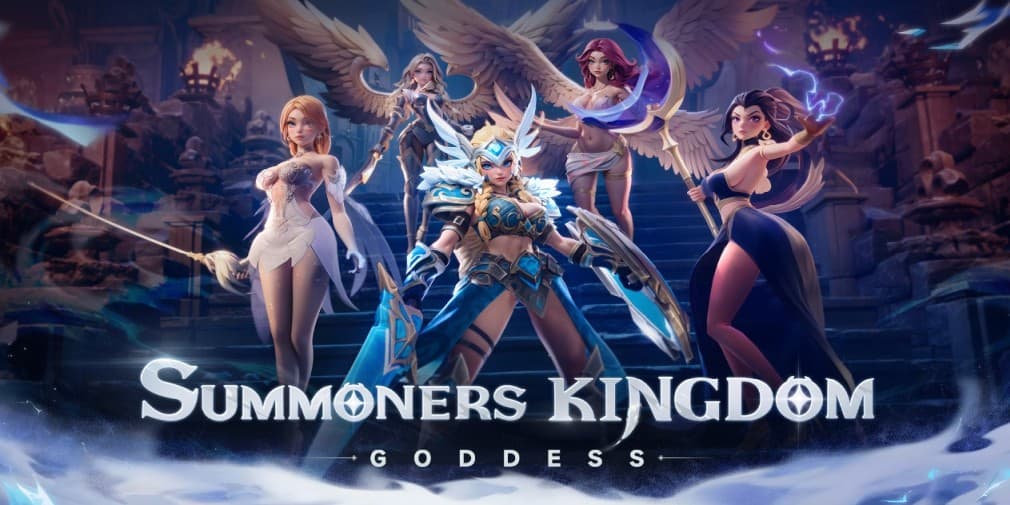






















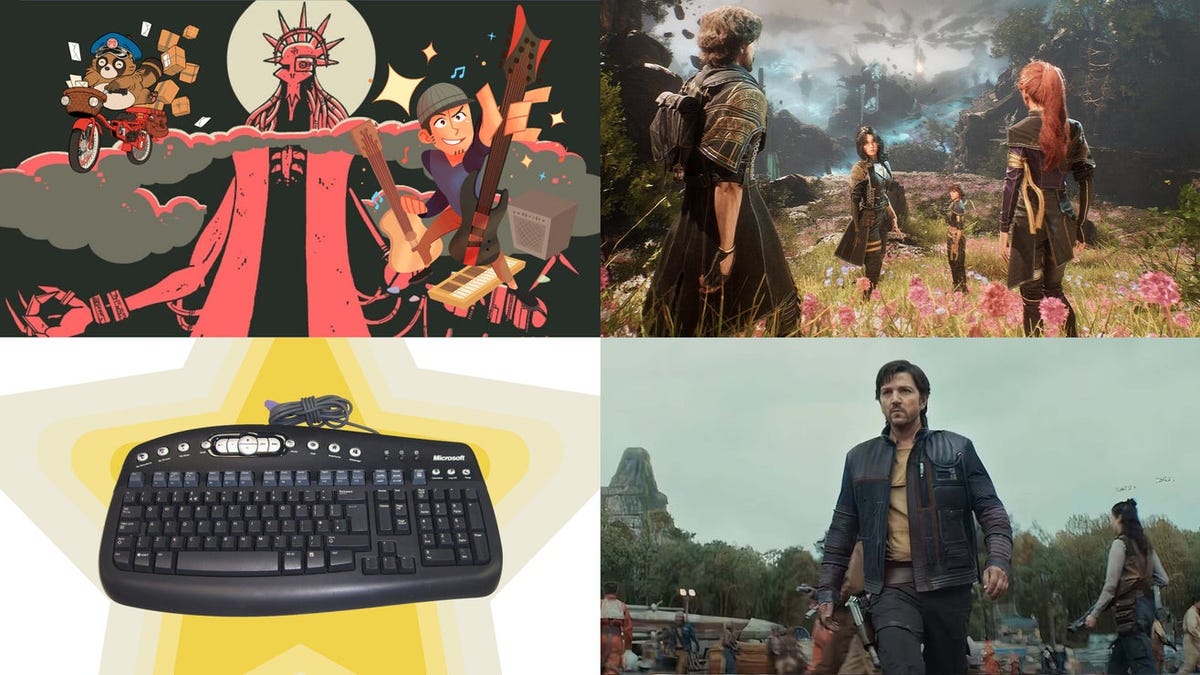


















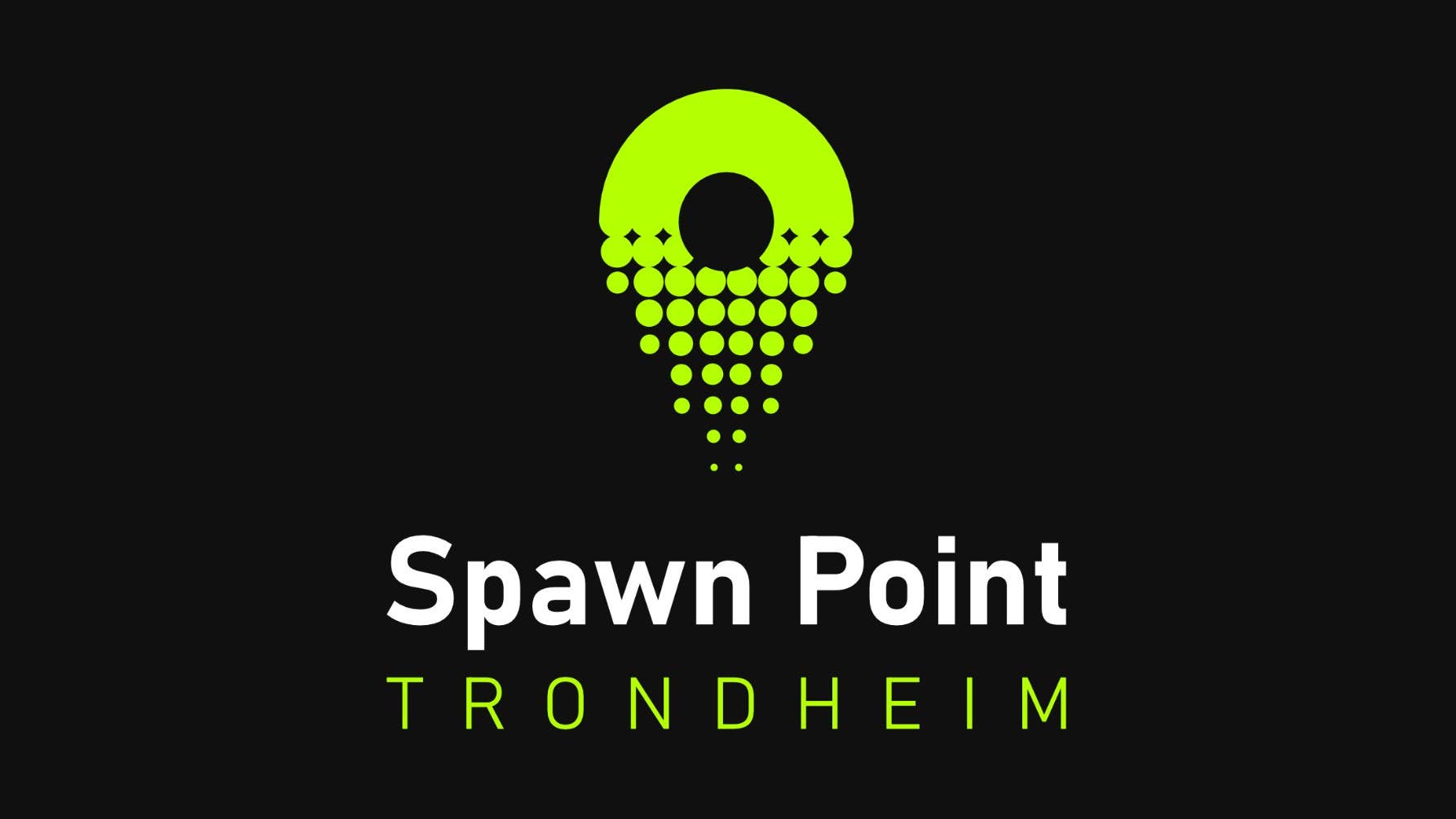
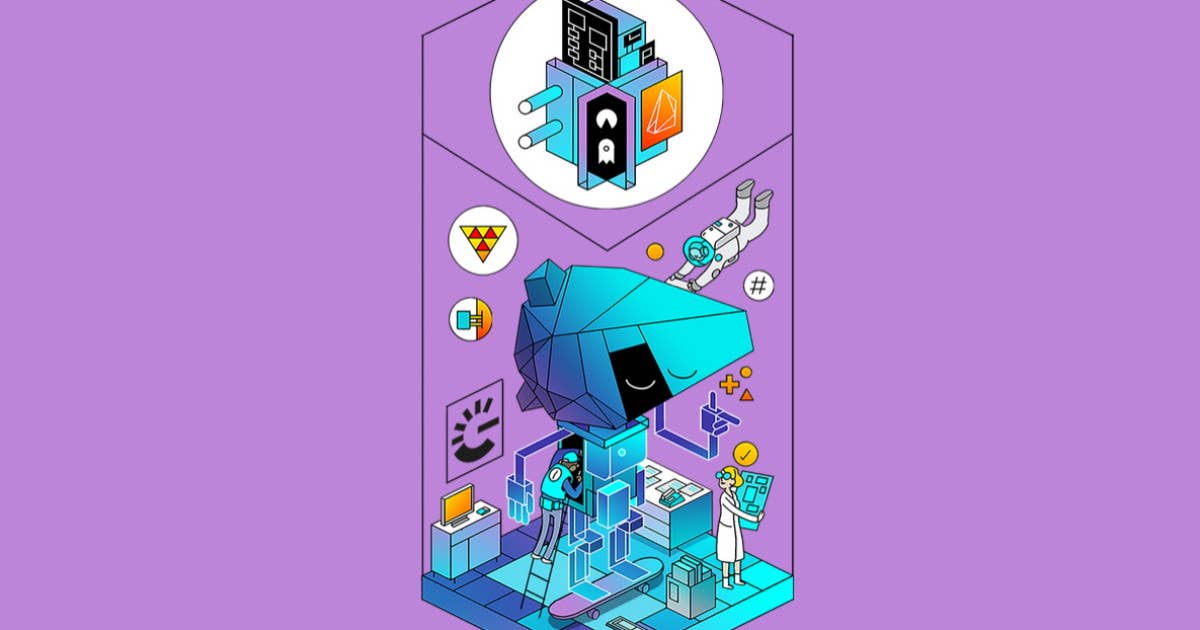




























































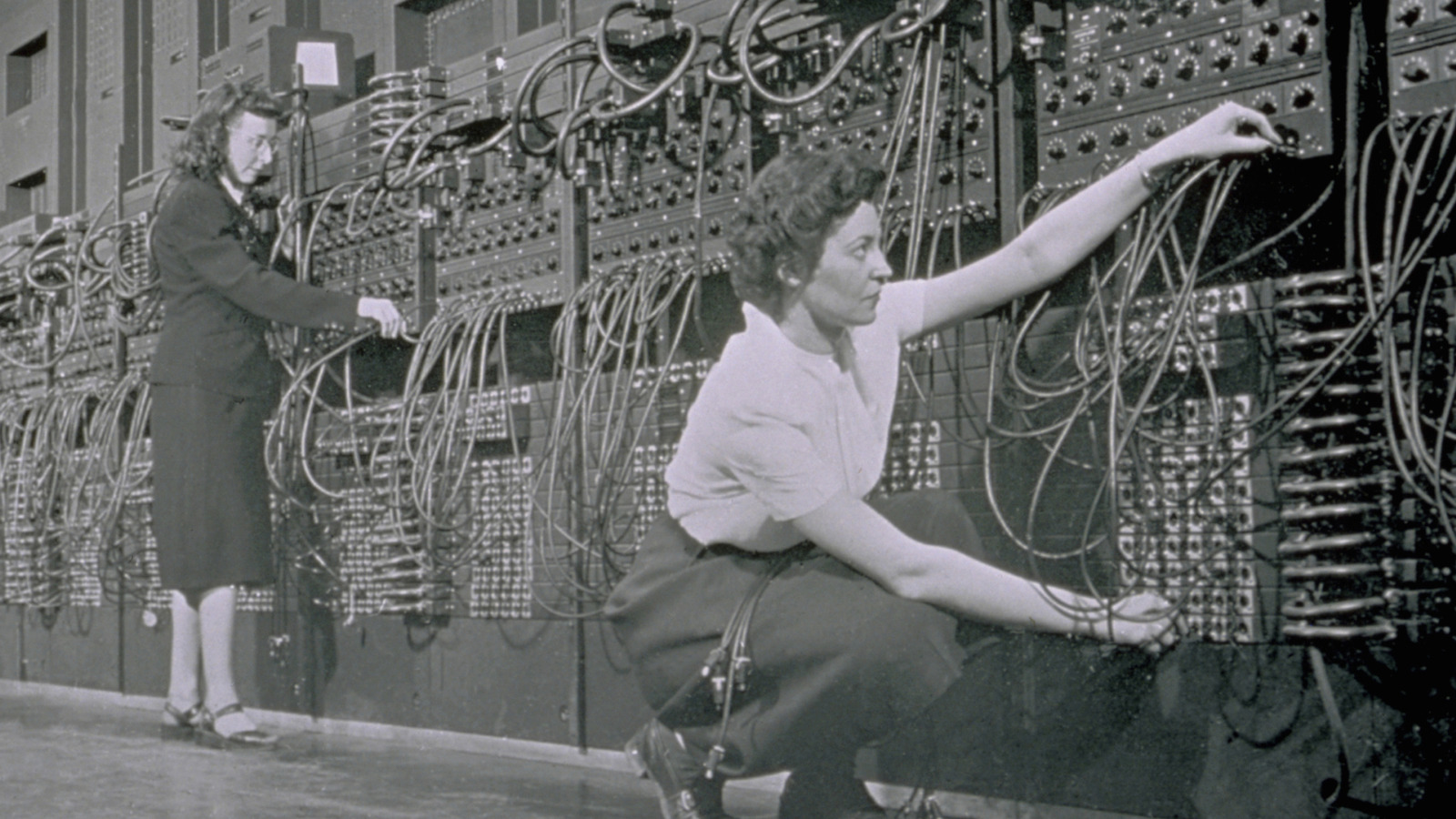































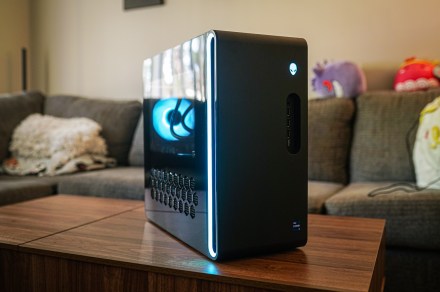

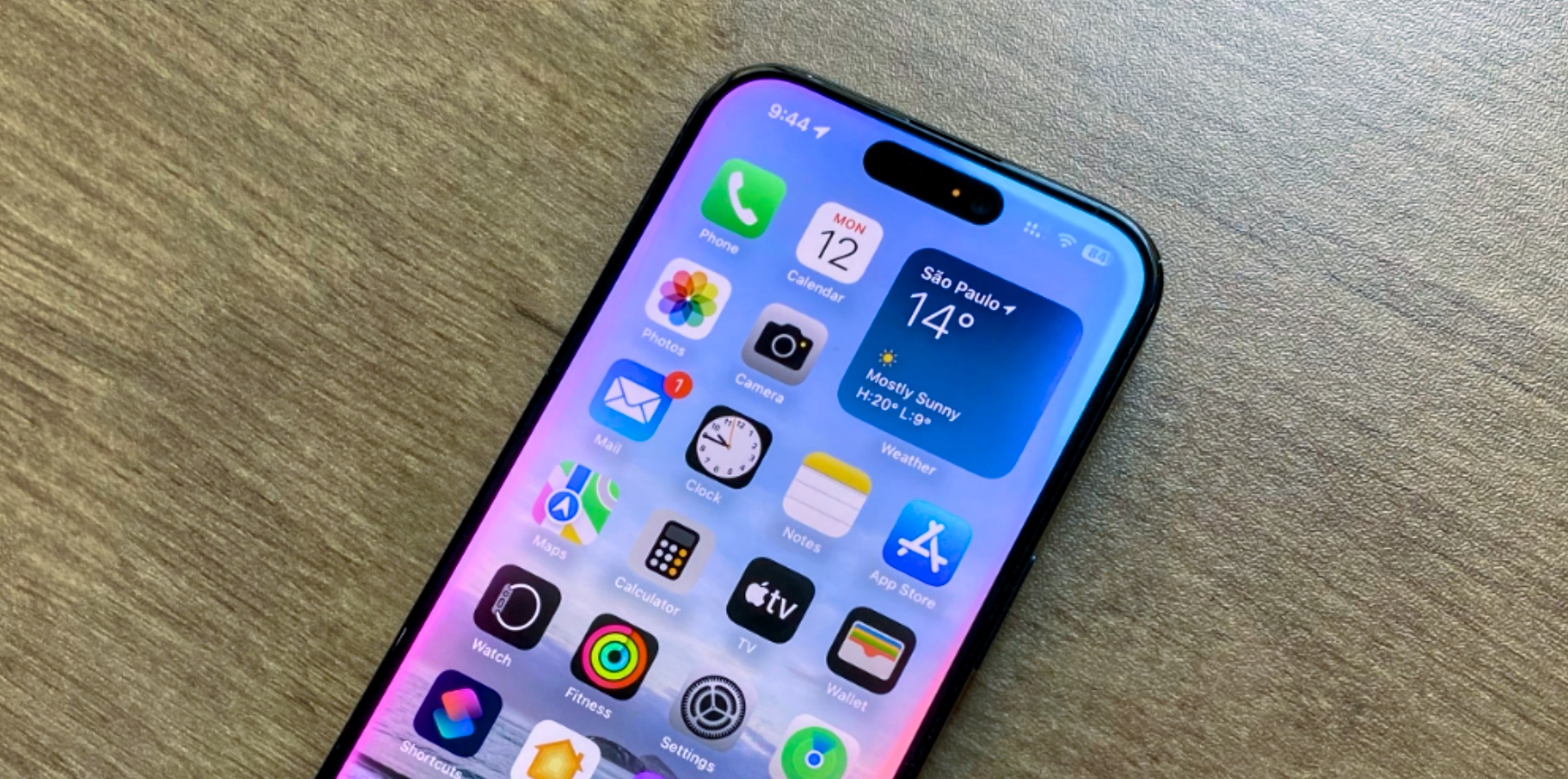

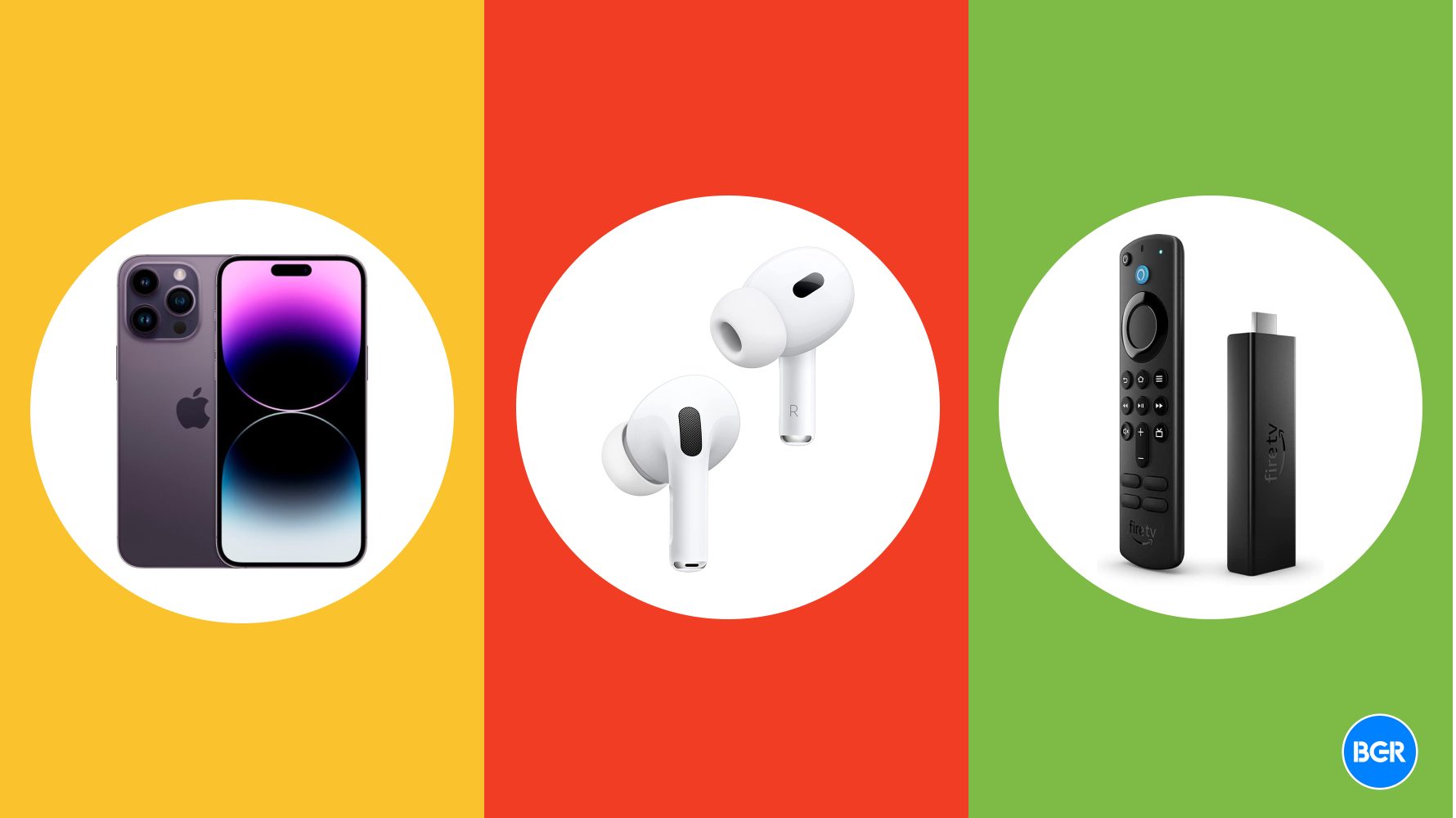





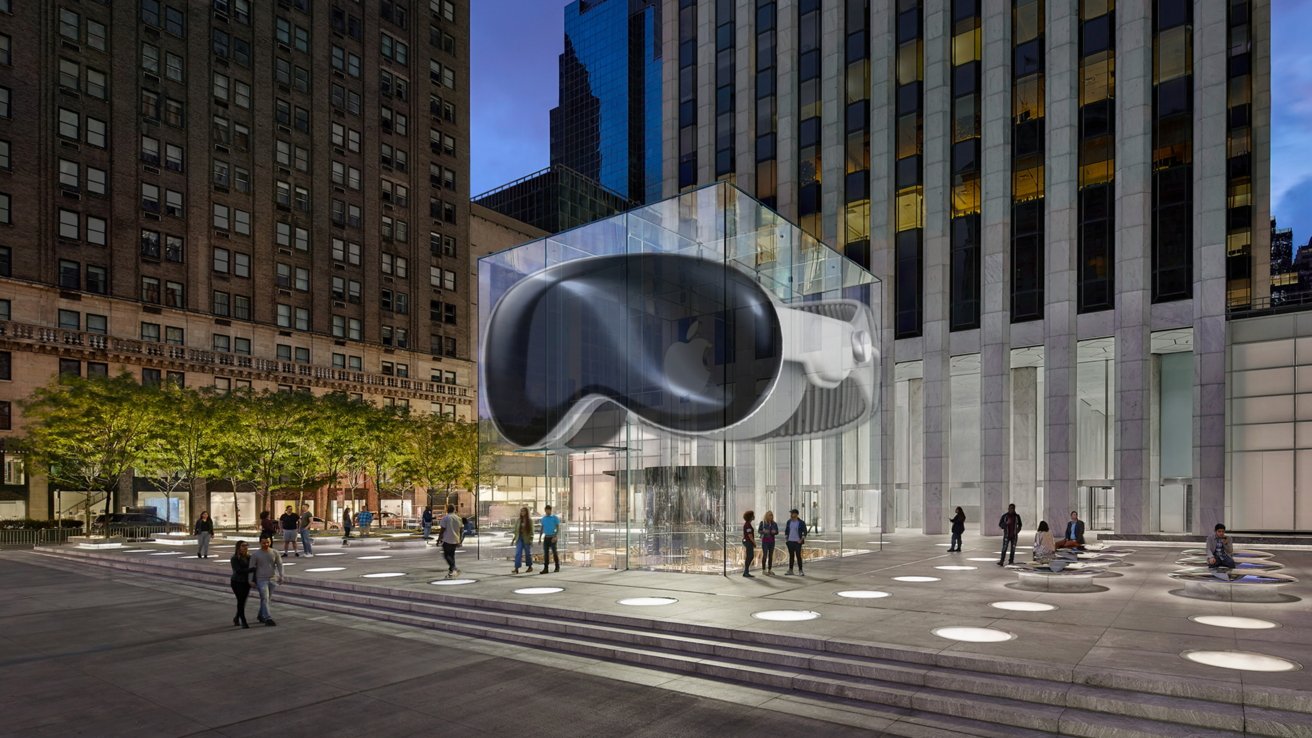
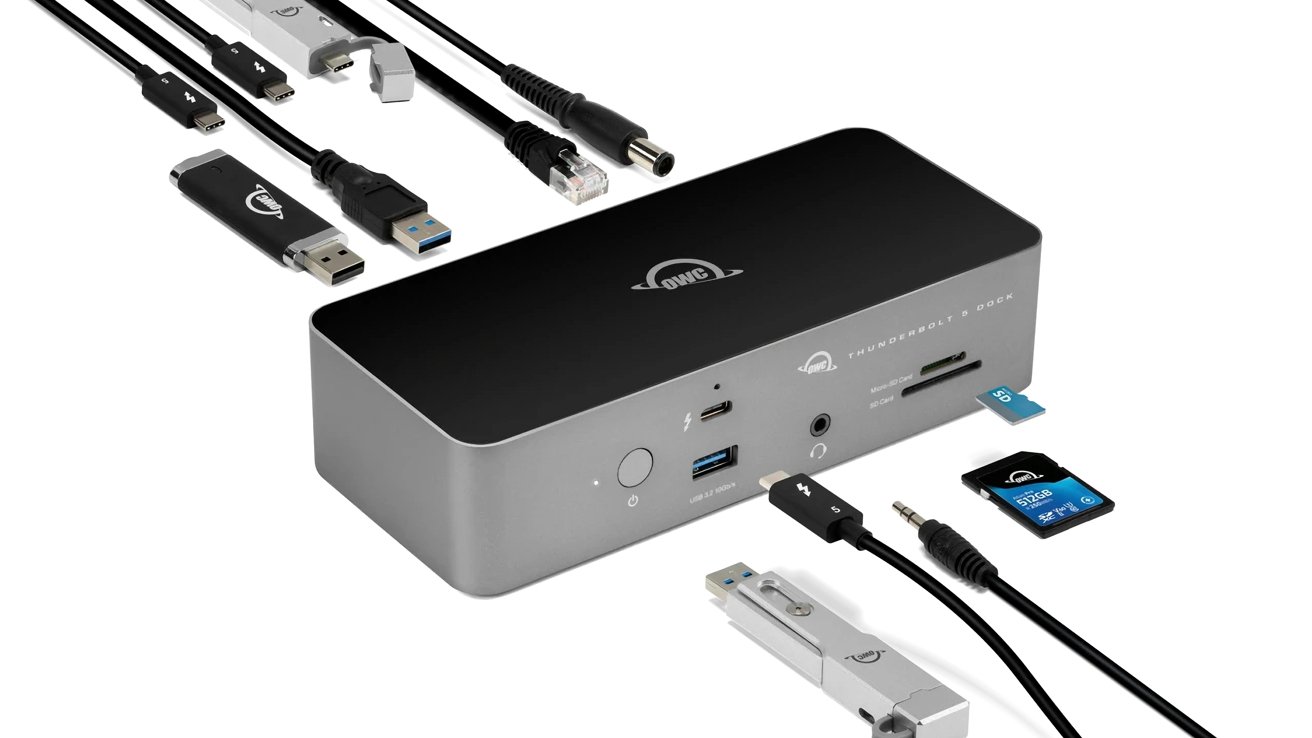
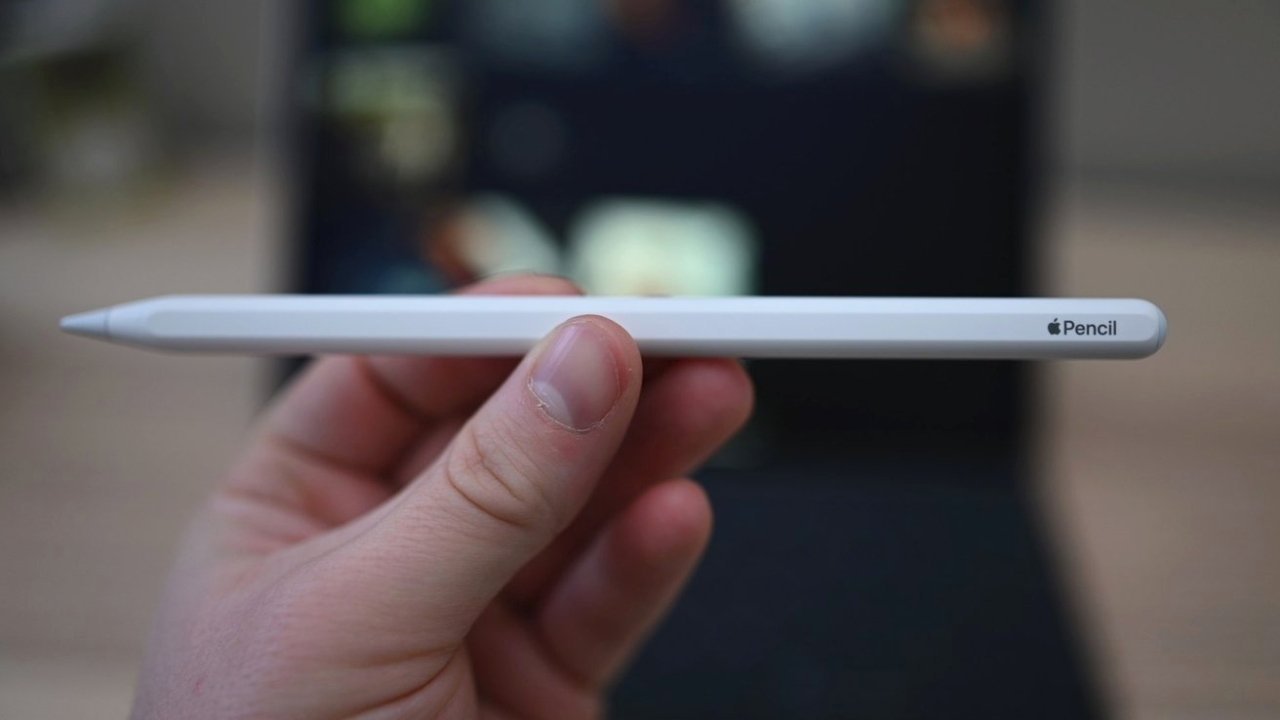
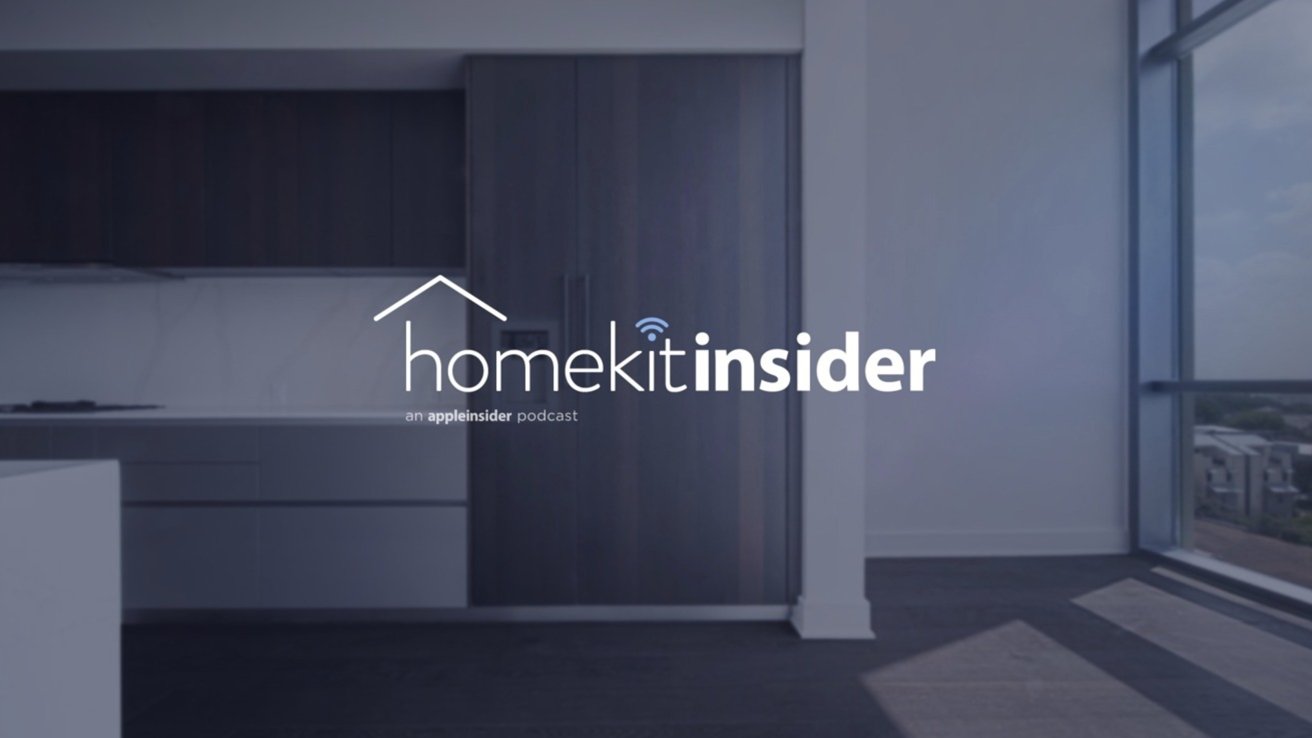
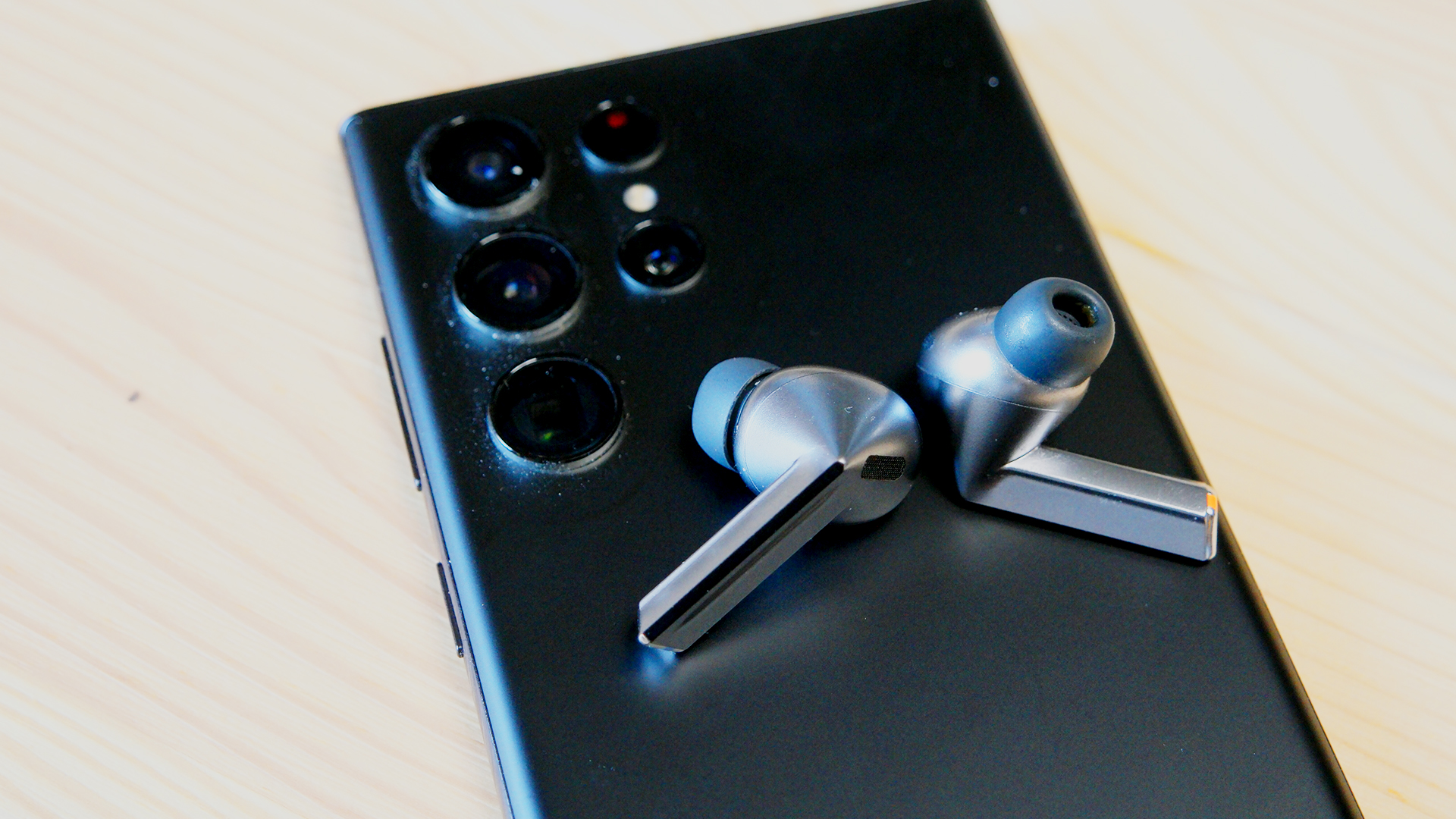


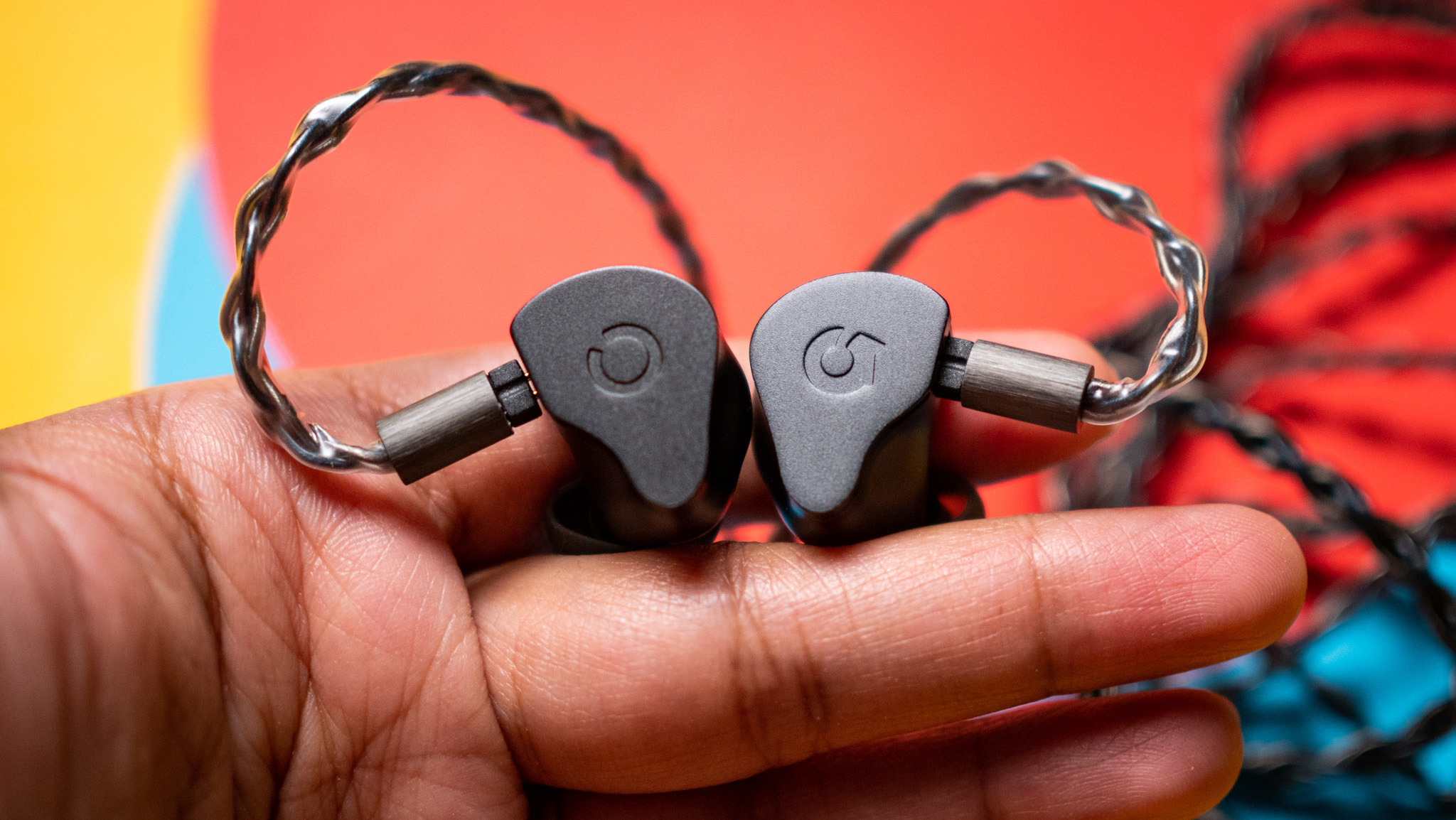

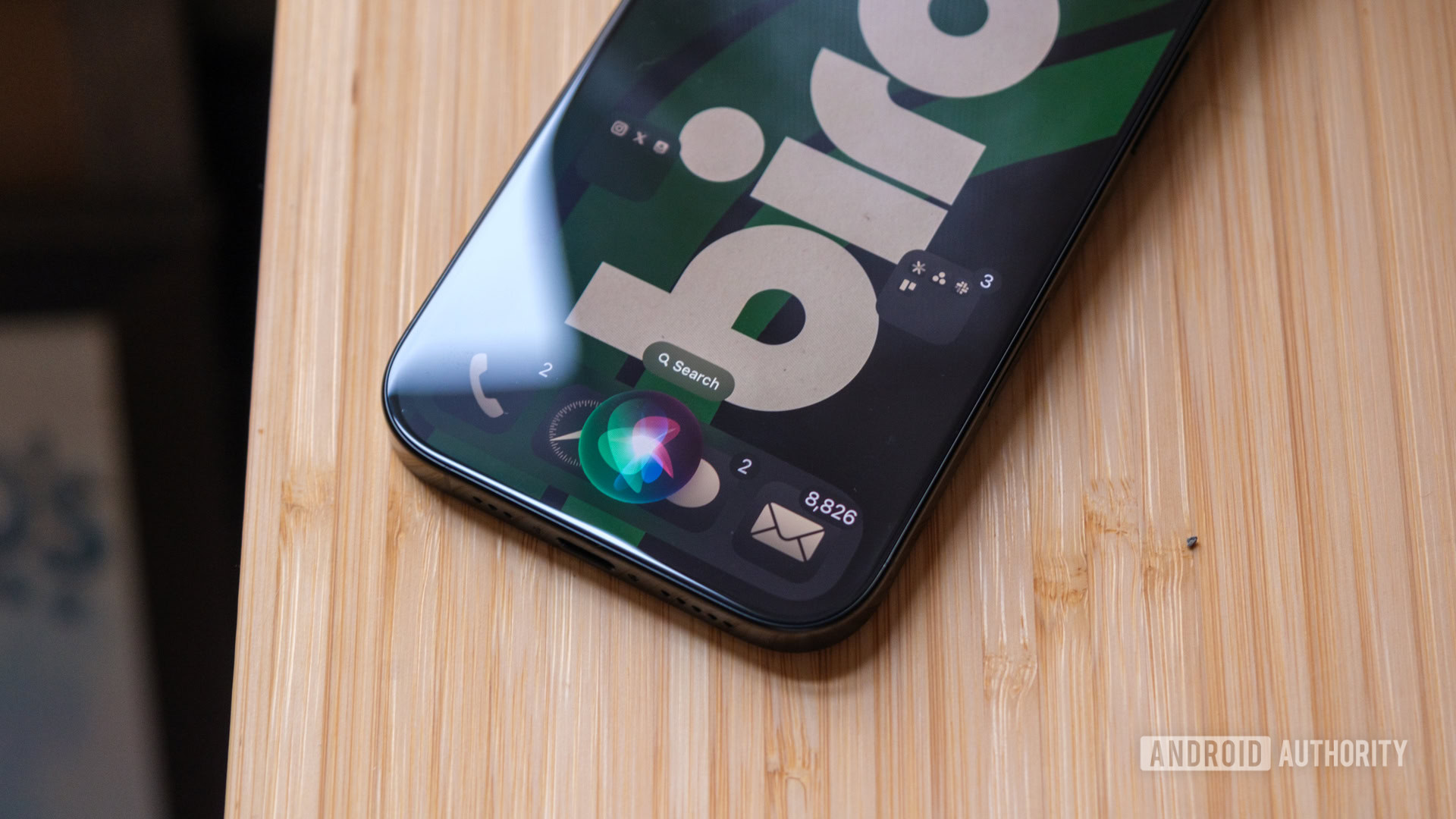
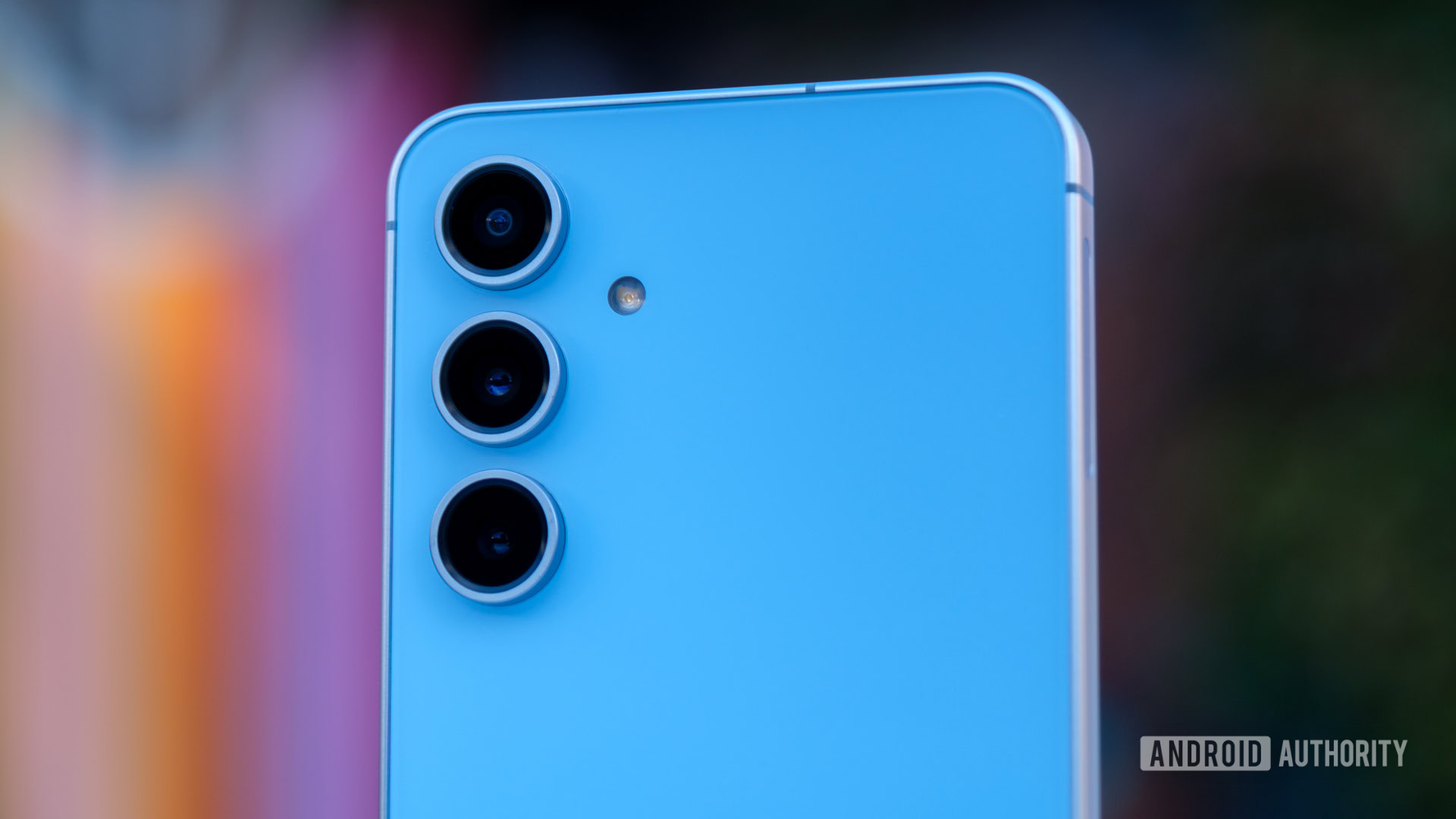


![A rare look inside the TSMC Arizona plant making chips for Apple [Video]](https://i0.wp.com/9to5mac.com/wp-content/uploads/sites/6/2025/05/A-look-inside-the-TSMC-Arizona-plant-making-chips-for-Apple.jpg?resize=1200%2C628&quality=82&strip=all&ssl=1)
















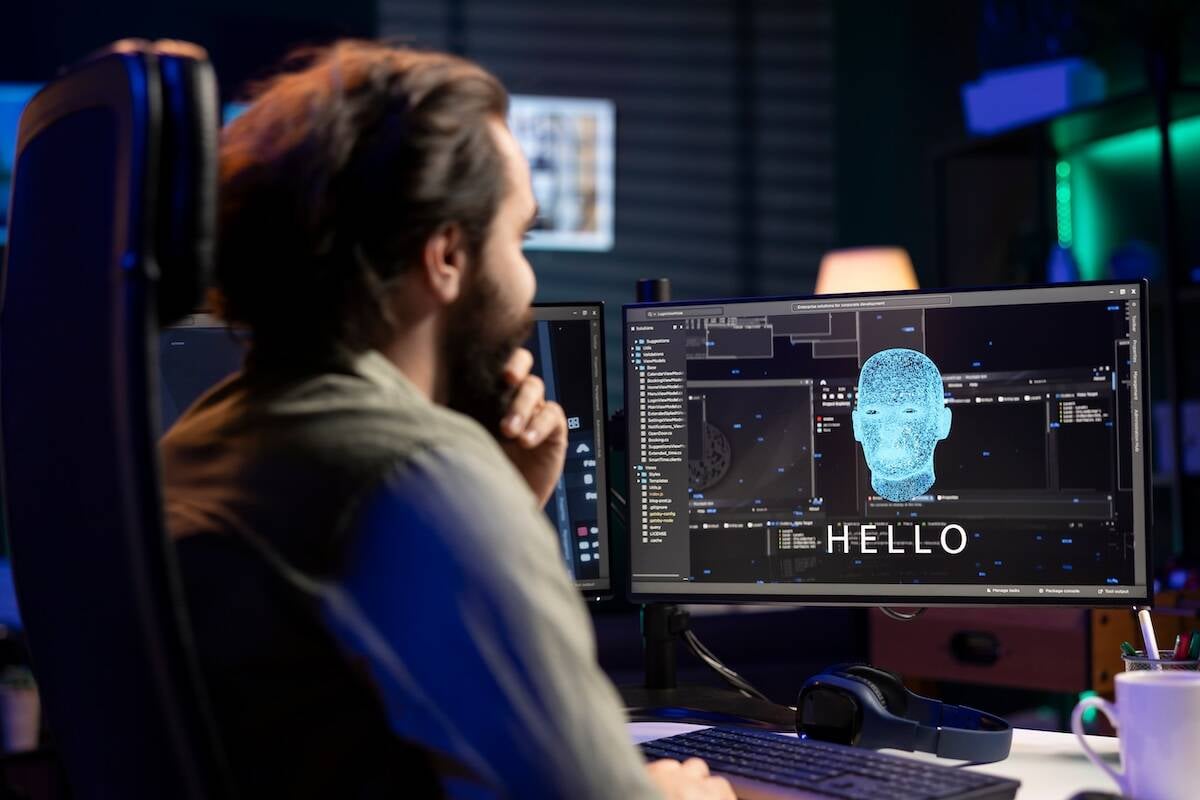
![Why Apple Still Can't Catch Up in AI and What It's Doing About It [Report]](https://www.iclarified.com/images/news/97352/97352/97352-640.jpg)
![Sonos Move 2 On Sale for 25% Off [Deal]](https://www.iclarified.com/images/news/97355/97355/97355-640.jpg)
![Apple May Not Update AirPods Until 2026, Lighter AirPods Max Coming in 2027 [Kuo]](https://www.iclarified.com/images/news/97350/97350/97350-640.jpg)
















